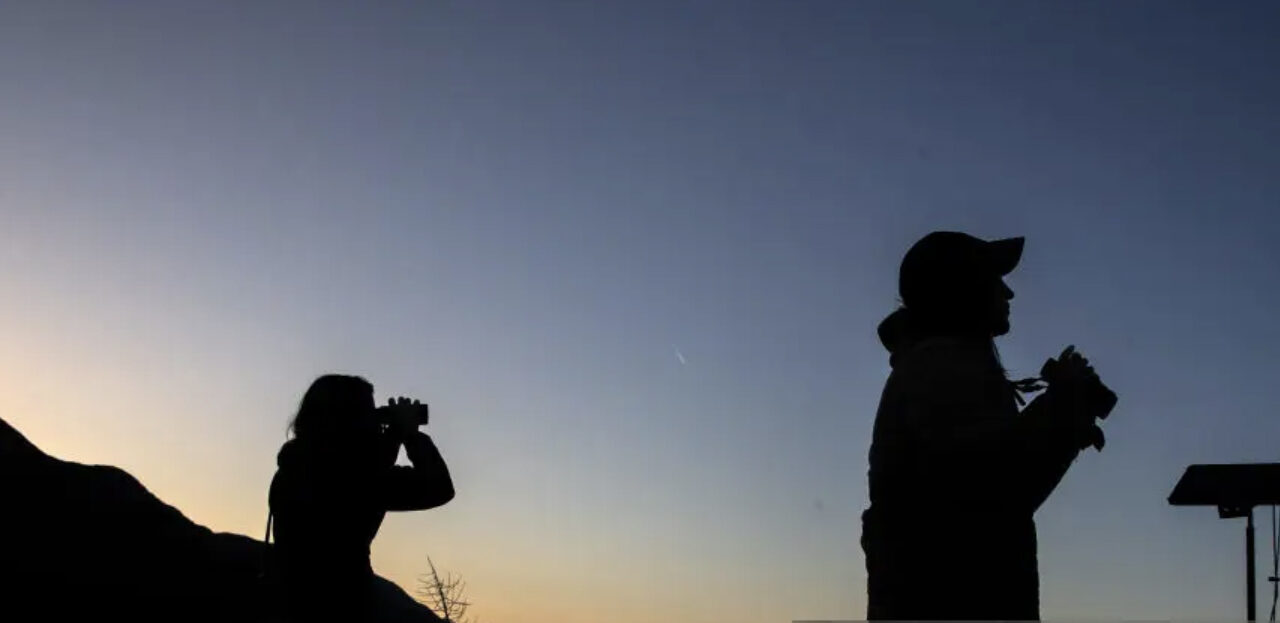
Bird Migration Tracking in the Santa Monica Mountains at Stunt Ranch Reserve
Awardee: Kelsey Reckling, a second year PhD Student, primarily studies bird migration in the Western United States.

Each academic year, the La Kretz Center funds outstanding graduate student projects to help UCLA PhD students complete their conservation science research. The research projects that we support address important issues in basic environmental sciences and simultaneously fulfill our mission of working to preserve California’s biological and ecological diversity.
PROJECTS

Awardee: Kelsey Reckling, a second year PhD Student, primarily studies bird migration in the Western United States.
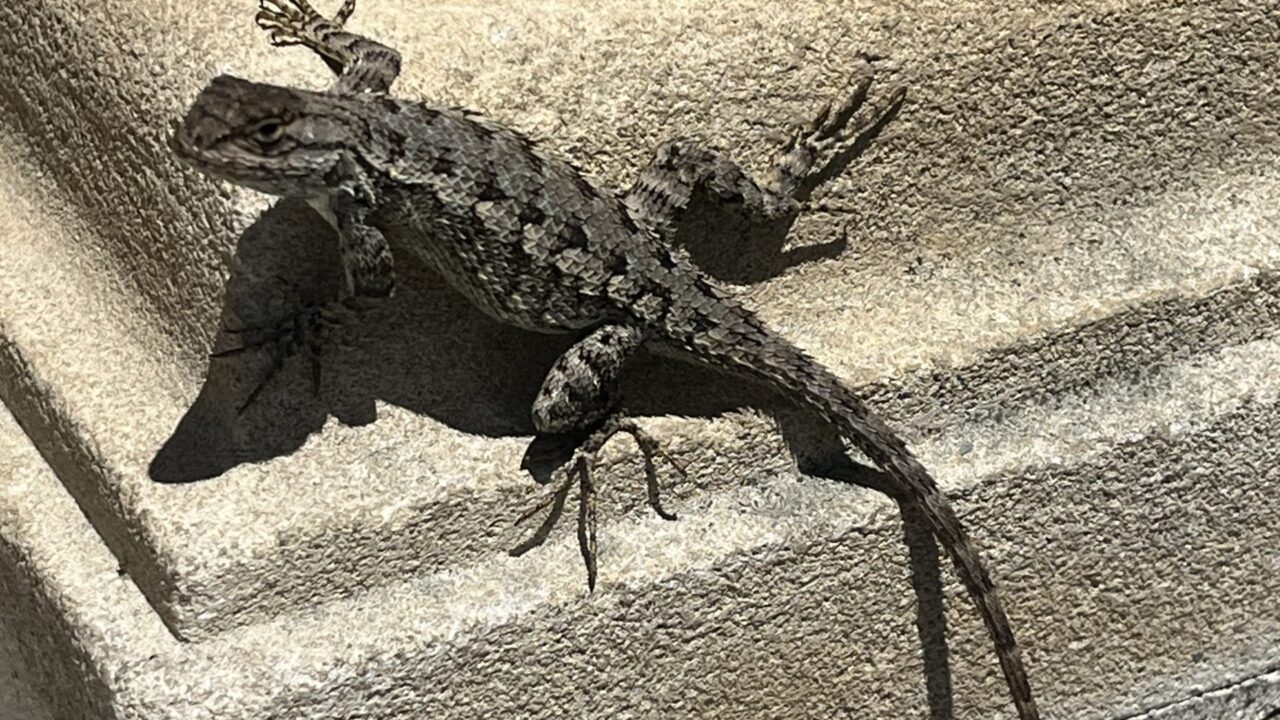
Awardee: Colleen De Allaume, a third year Undergraduate Student in the Ecology and Evolutionary Biology Department
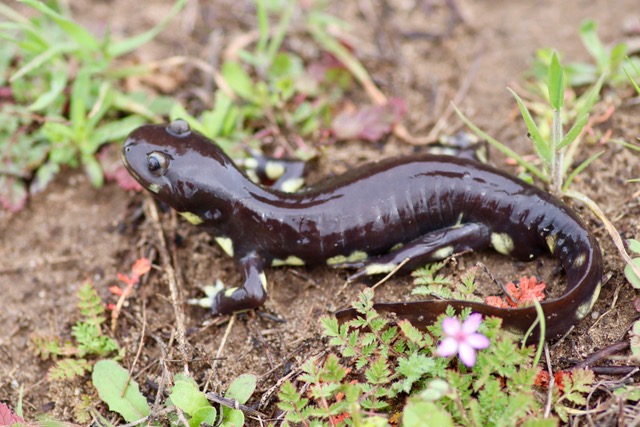
Awardee: Erica Ro, an undergraduate student pursuing a B.S. in Environmental Science with a concentration in Conservation Biology, is broadly interested in urban ecology and conservation science.
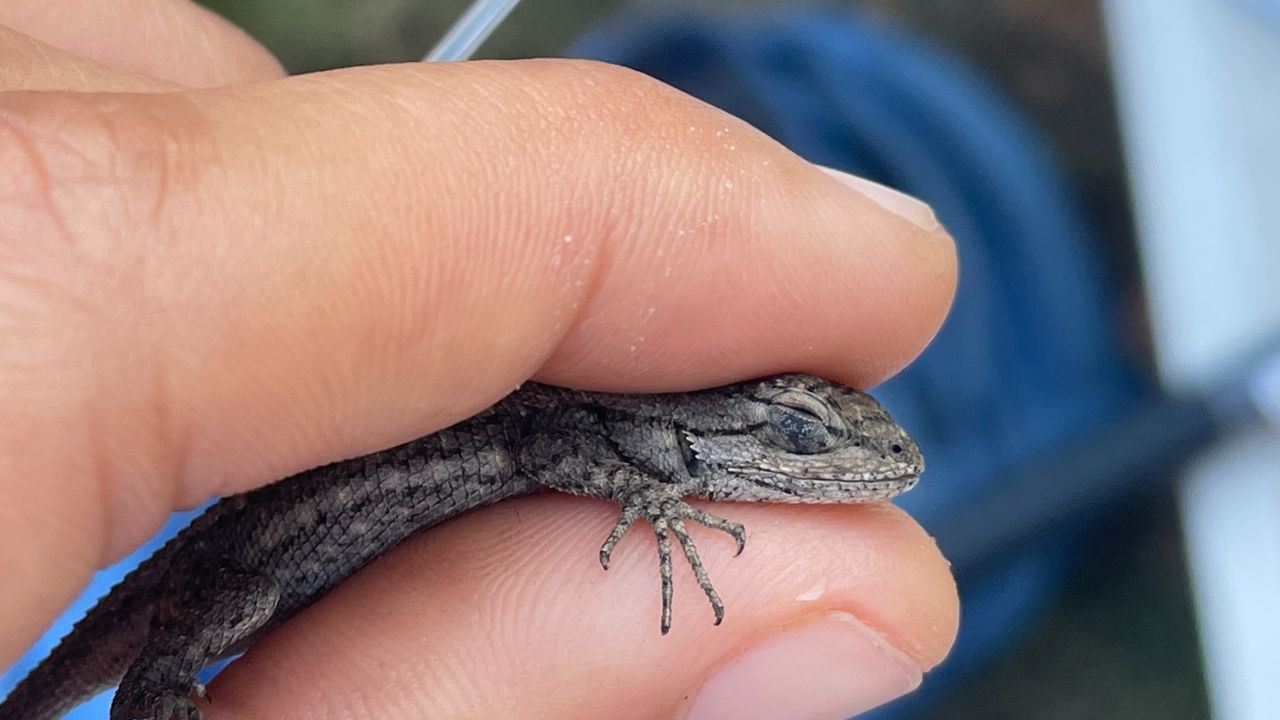
Awardee: May Jiang, a fourth year Biology undergraduate interested in urban animal ecology and plant biology.
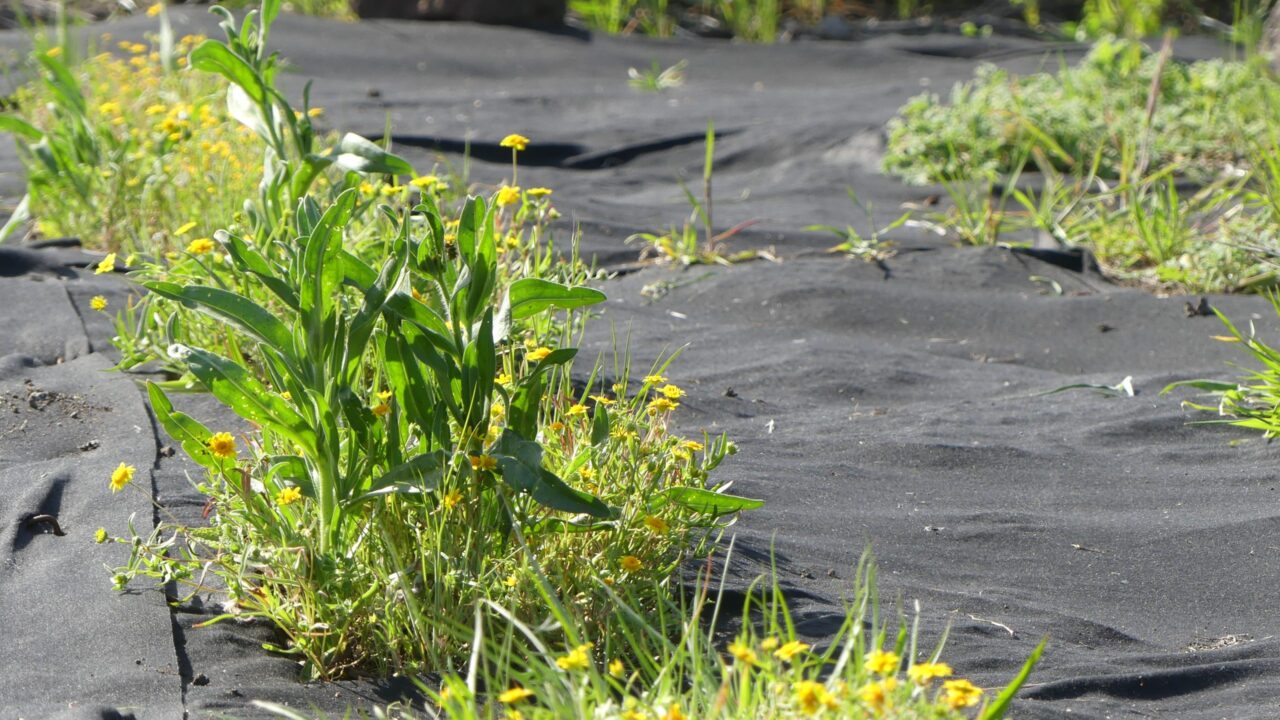
Awardee: Lauren Glevanik, a PhD candidate in the Department of Ecology and Evolutionary Biology, works with a plant community of annual wildflowers and grasses.
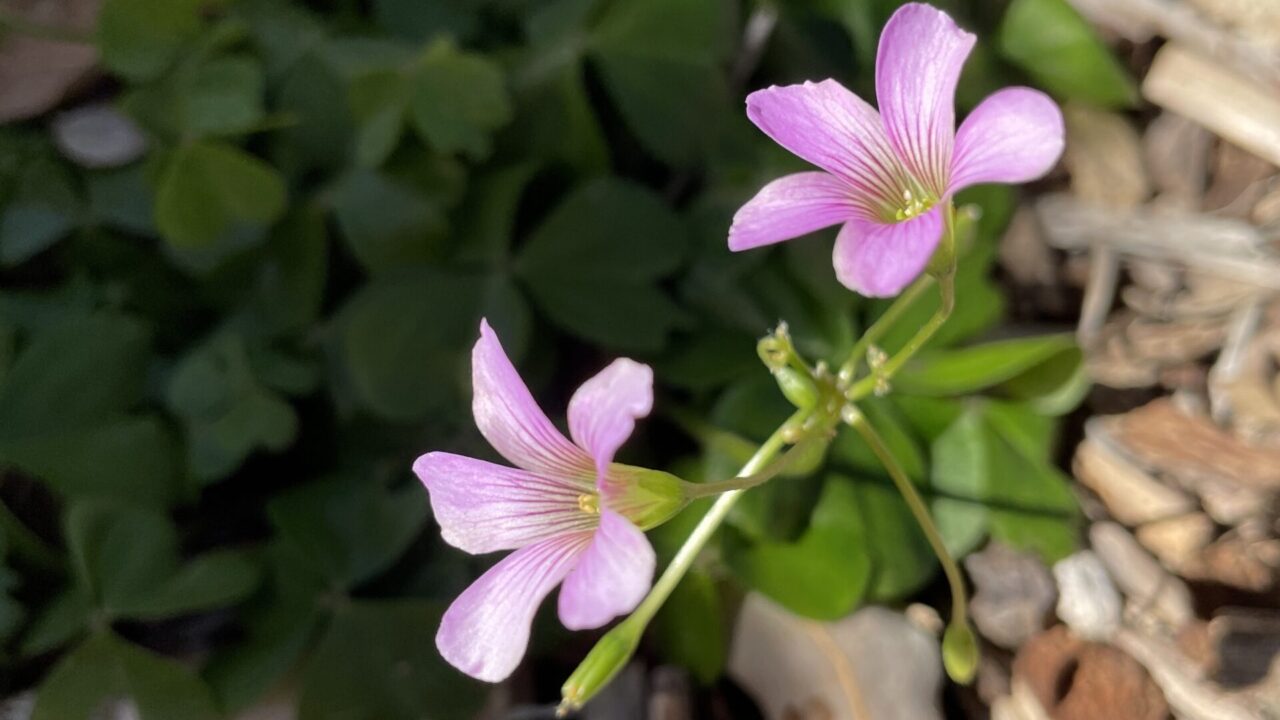
Awardee: Nikita Burger, undergraduate student pursuing a B.S. in Computational and Systems Biology at UCLA.
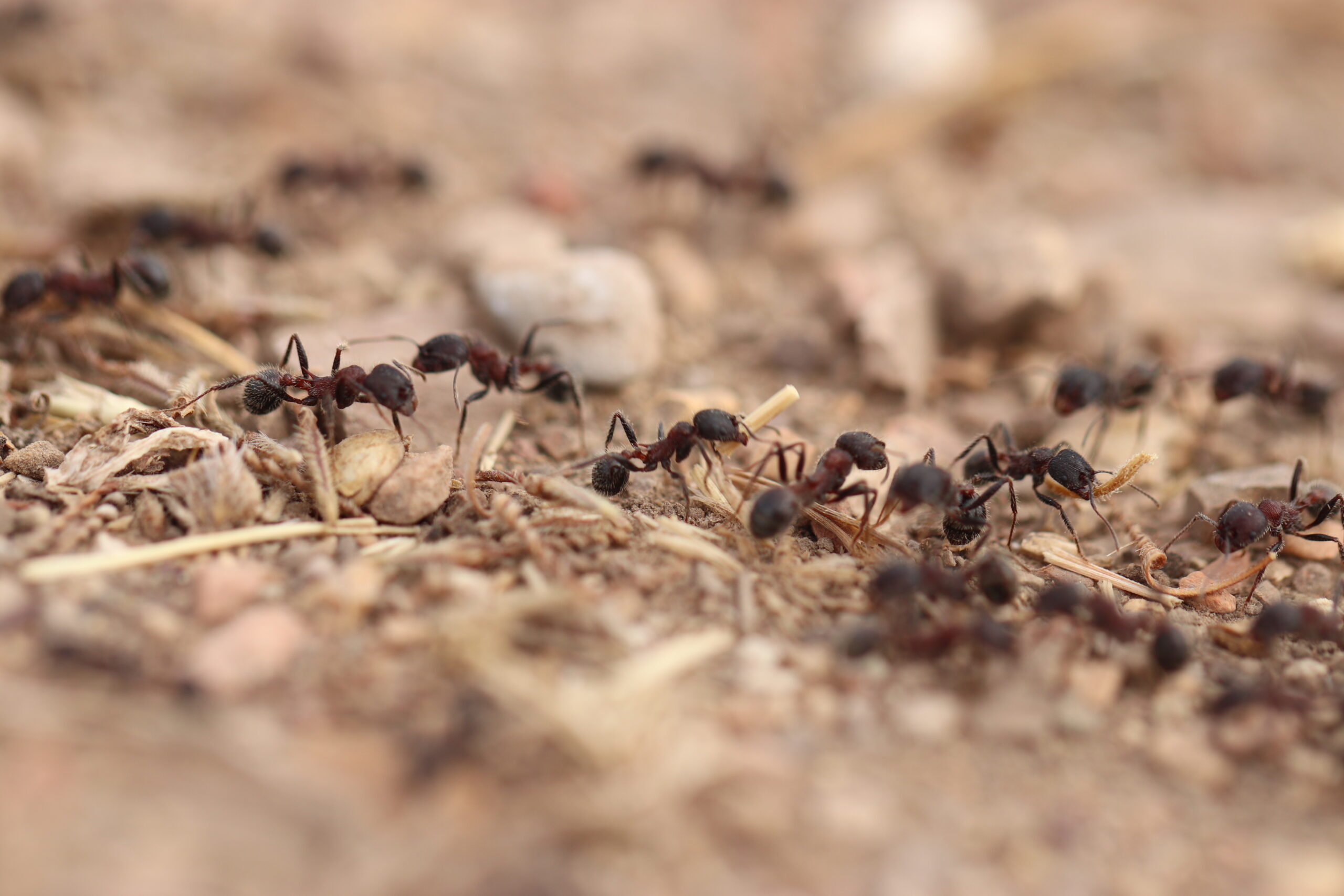
Awardee: Sean O'Fallon, Ph.D. student in the Pinter-Wollman lab at UCLA. Sean's research focuses on the collective behavior of ant colonies, focusing on the factors that determine behavioral variation within populations and the relationship between ant nest architecture and collective behavior.
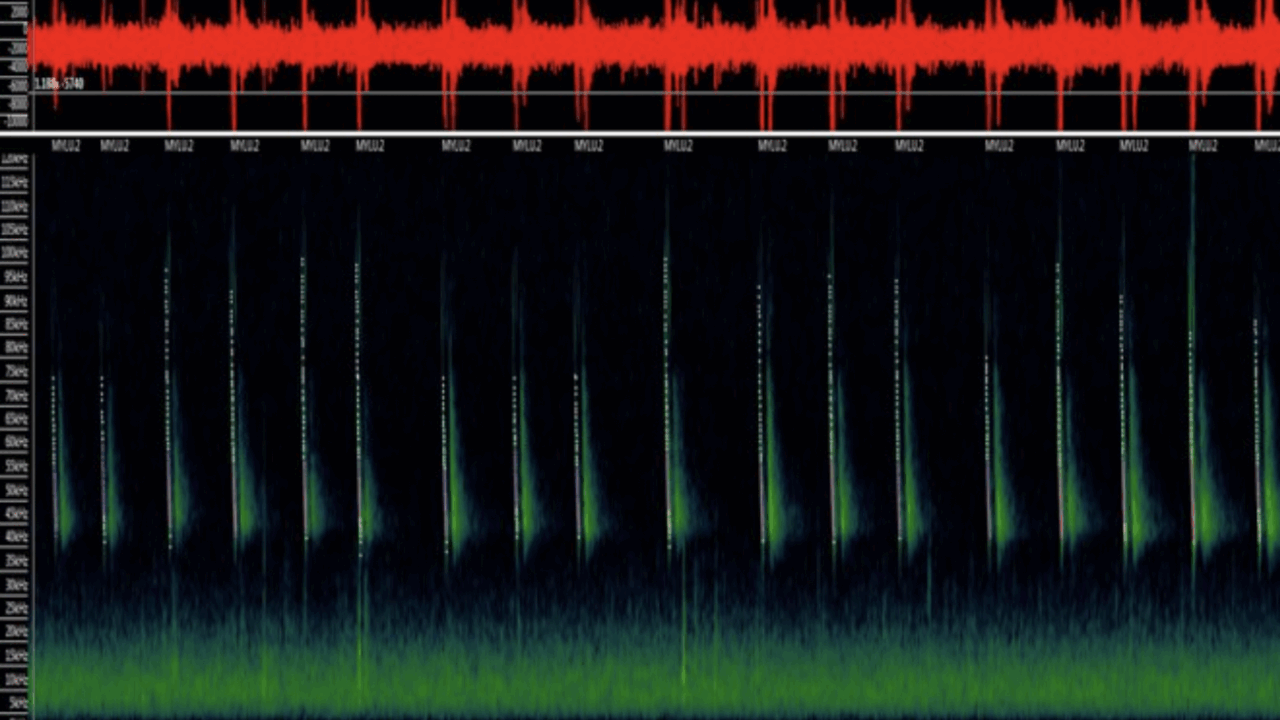
Awardee: Lily Rivas, undergraduate student at UCLA under the IoES program pursuing an Environmental Science B.S. and a minor in Conservation Biology.
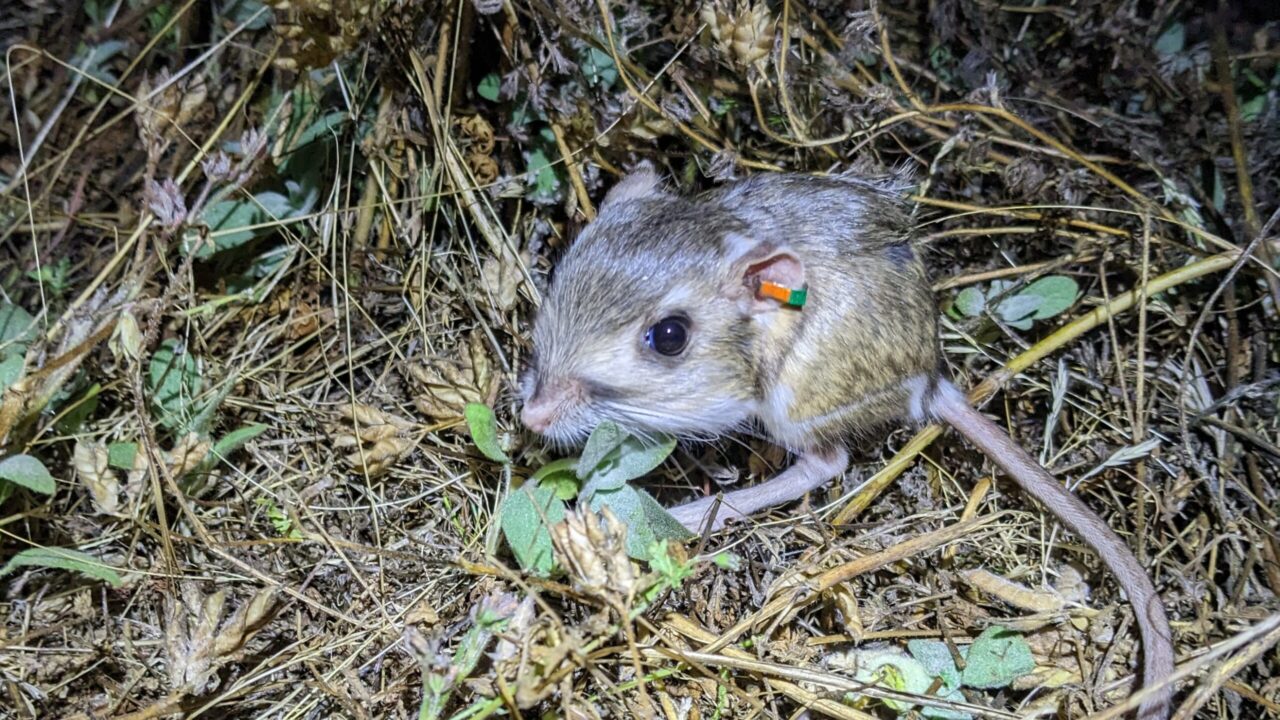
Awardee: Janine Fischer, Ph.D. candidate co-advised by Dr. Grether and Dr. Shier at UCLA, who is interested in how aggressive interference between species influences their coexistence and habitat use.

Awardee: Anna Ongjoco, Ph.D student co-advised by Dr. Elsa Ordway at UCLA and Dr. Leander Anderegg at UCSB.
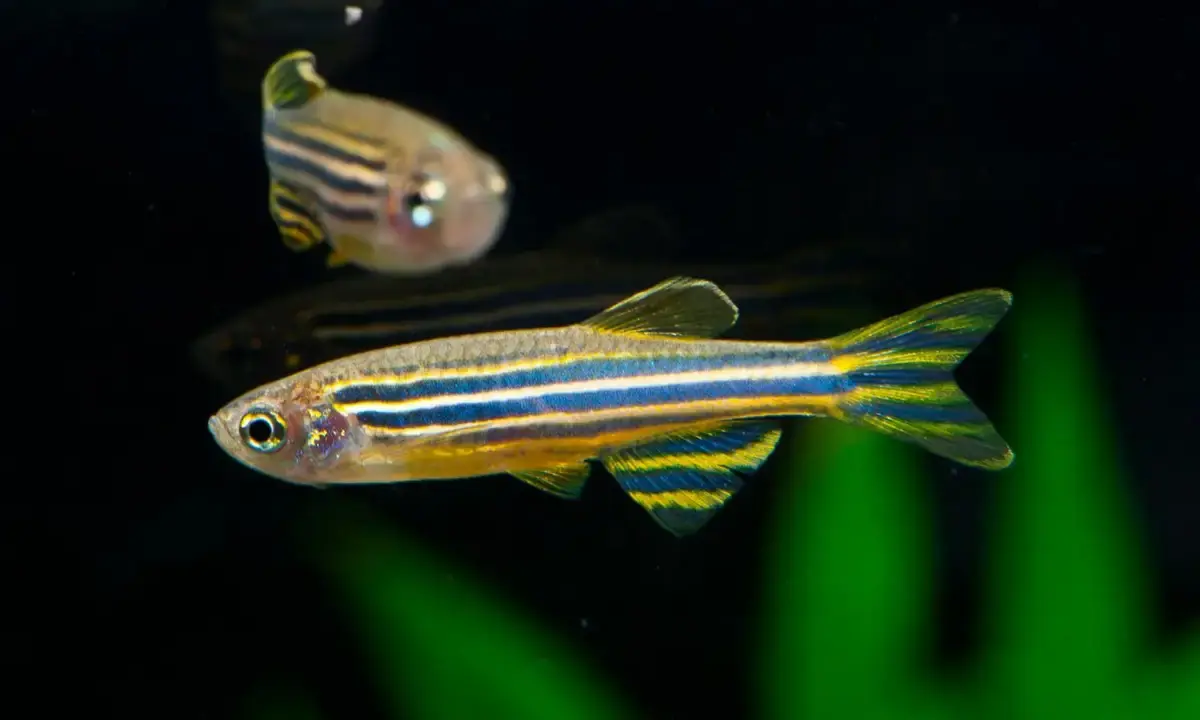
Awardee: Madeleine Pacheco, first year PhD student in the Ecology and Evolutionary Biology Department under the supervision of Dr. Paul Barber at UCLA.

Awardee: Jill Carpenter, Ph.D. candidate interested in the roosting and foraging ecology of bats, especially with regard to how various species navigate and utilize the human-altered landscapes of Southern California as well as what traits allow some species to persist while others decline.

Awardee: Likhitha Yettela, 4th-year undergraduate environmental science student with a concentration in conservation biology at UCLA.

Awardee: Sean O'Fallon, Ph.D. student in the Pinter-Wollman lab. His research focuses on the collective behavior of ant colonies.
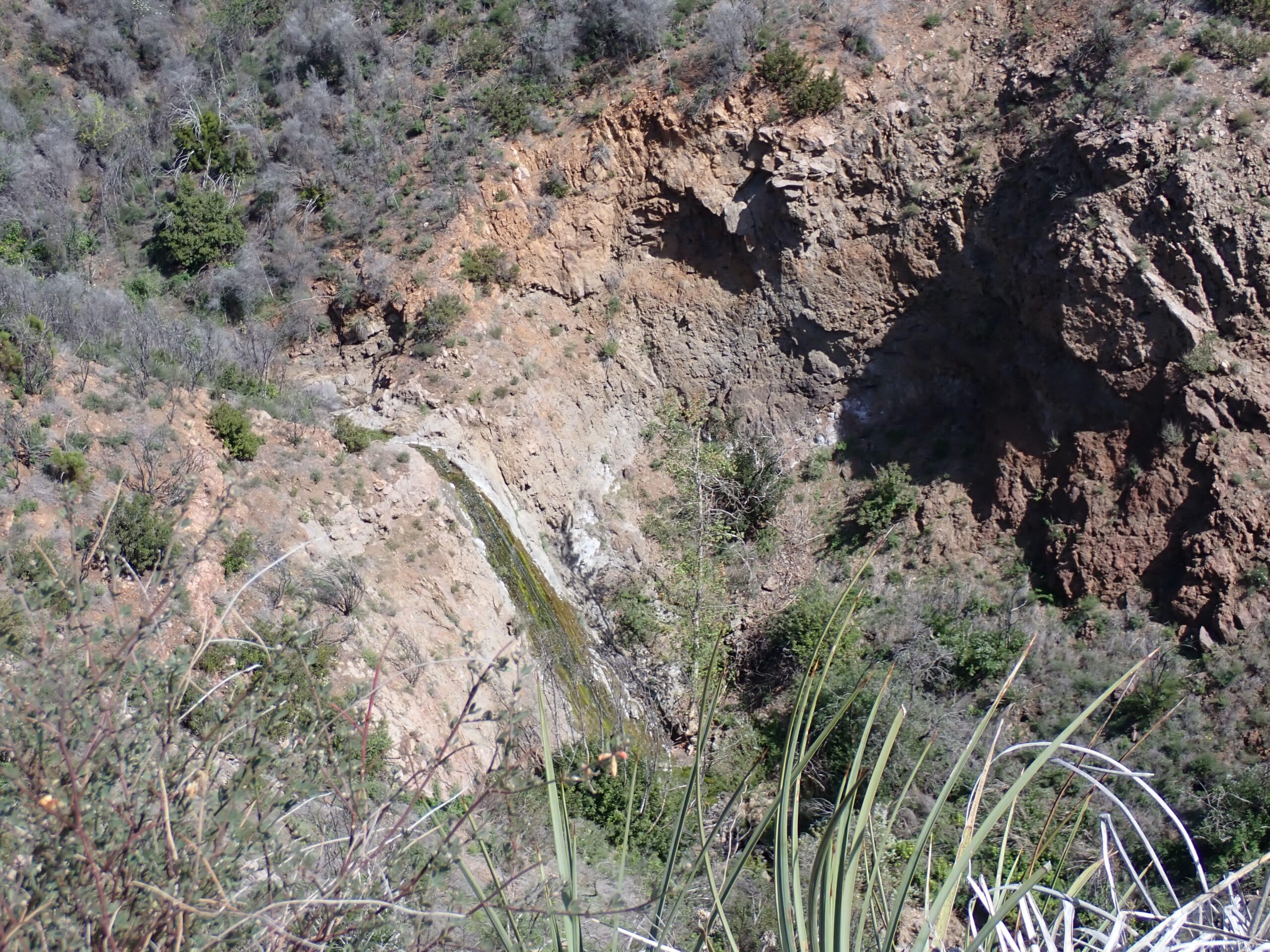
Awardee: Maya Chari, senior Computational Biology student, interested in mathematical and computational applications to Ecology. Maya has worked both field and computational jobs and enjoys collecting data and processing it.

Awardee: Gabriela M. Carr, IoES Ph.D. student focused on improving coastal infrastructure as marine habitat.
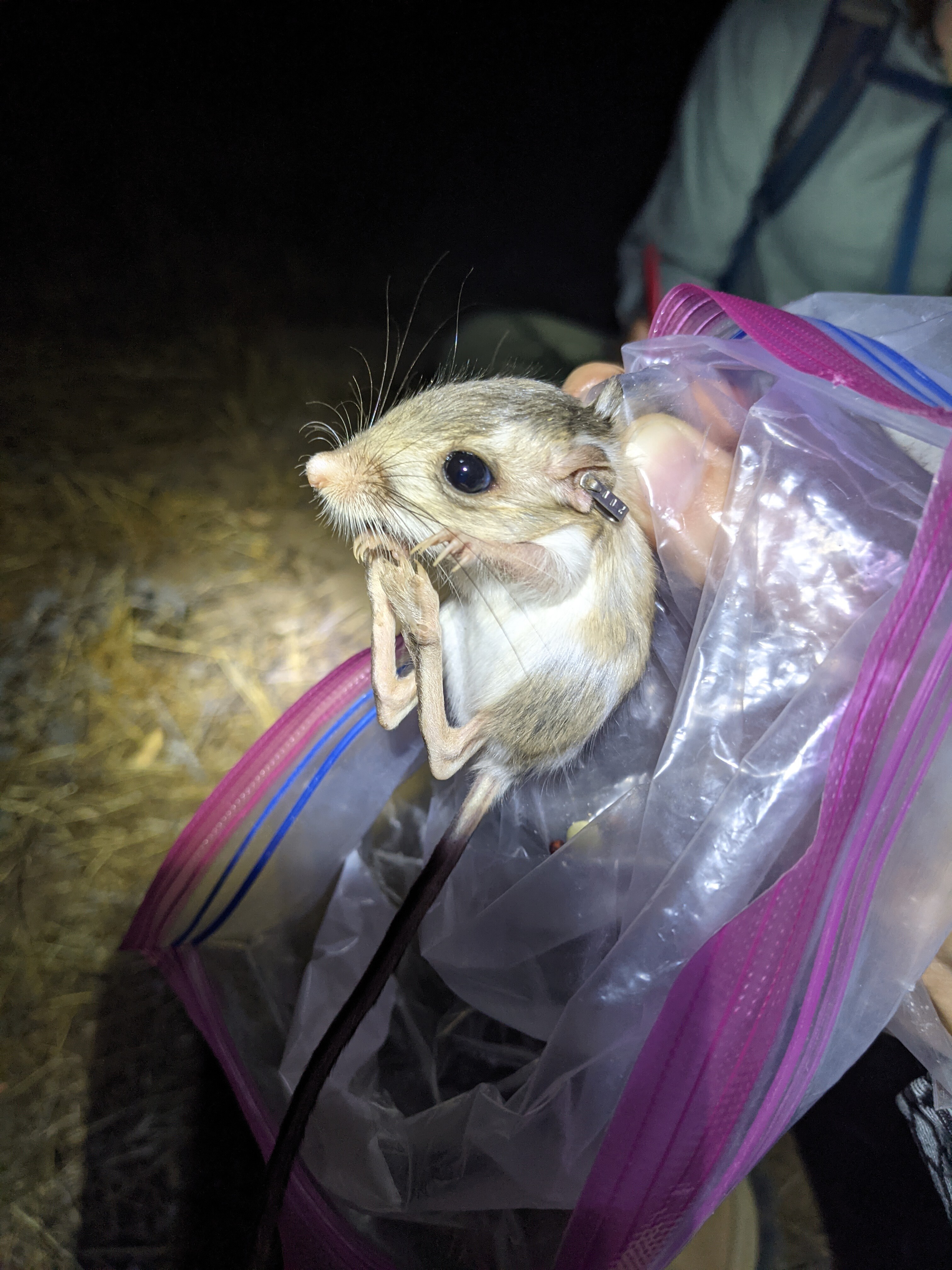
Awardee: Janine Fischer, Ph.D. student co-advised by Dr. Grether and Dr. Shier at UCLA. Janine is interested in how aggressive interference between species influences their coexistence and habitat use.

Awardee: Madeleine Zuercher, Ph.D. candidate advised by Greg Grether and Debra Shier in the Department of Ecology and Evolutionary Biology. Madeleine is interested in how invasive species affect native carnivore behavior and ecology.
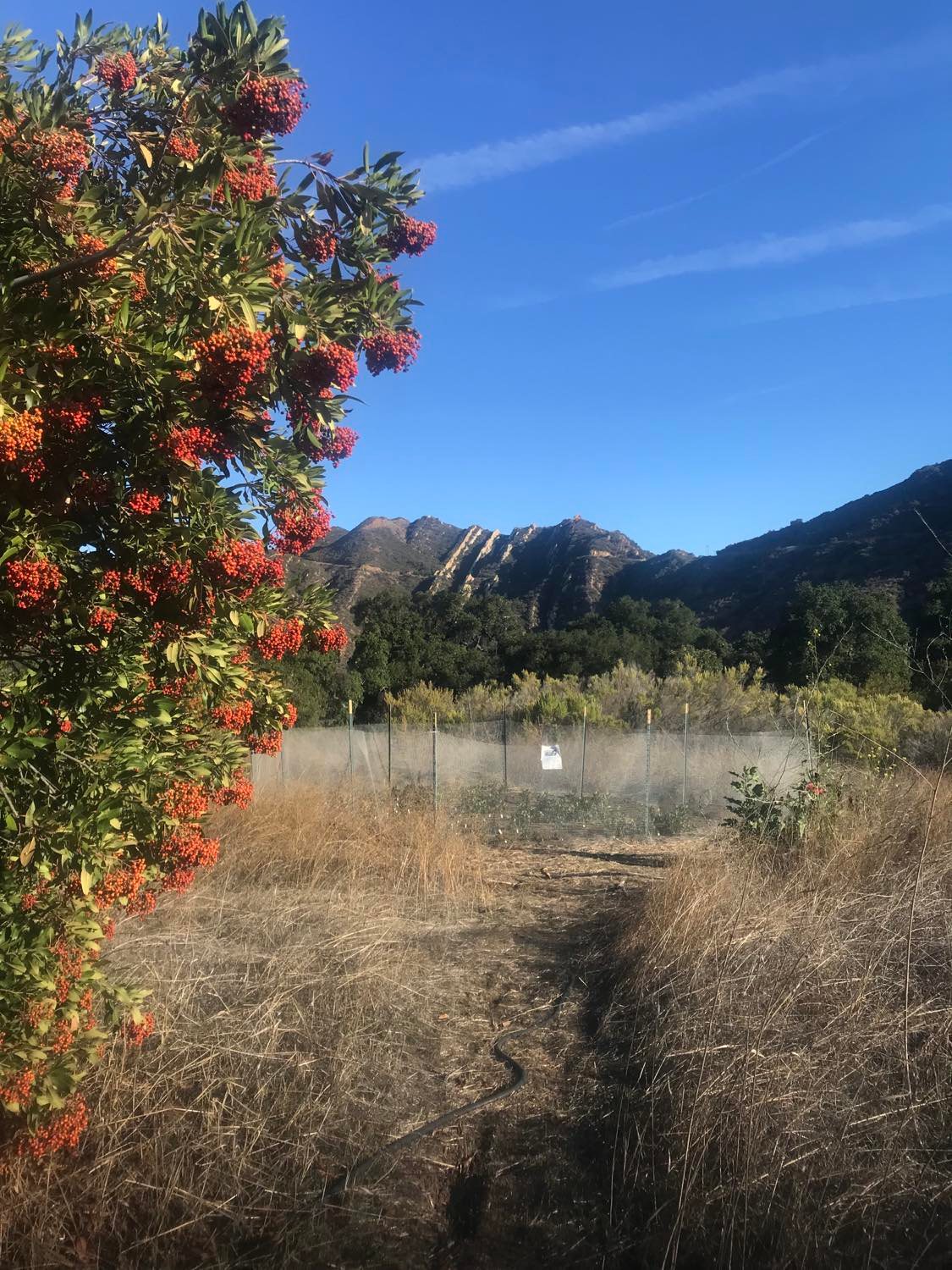
Awardee: Laurel Thomas, undergraduate student completing her degree in Environmental Science with minors in Conservation Biology and Environmental Engineering. Laurel is passionate about conserving and increasing access to California native plants and their respective ecosystems
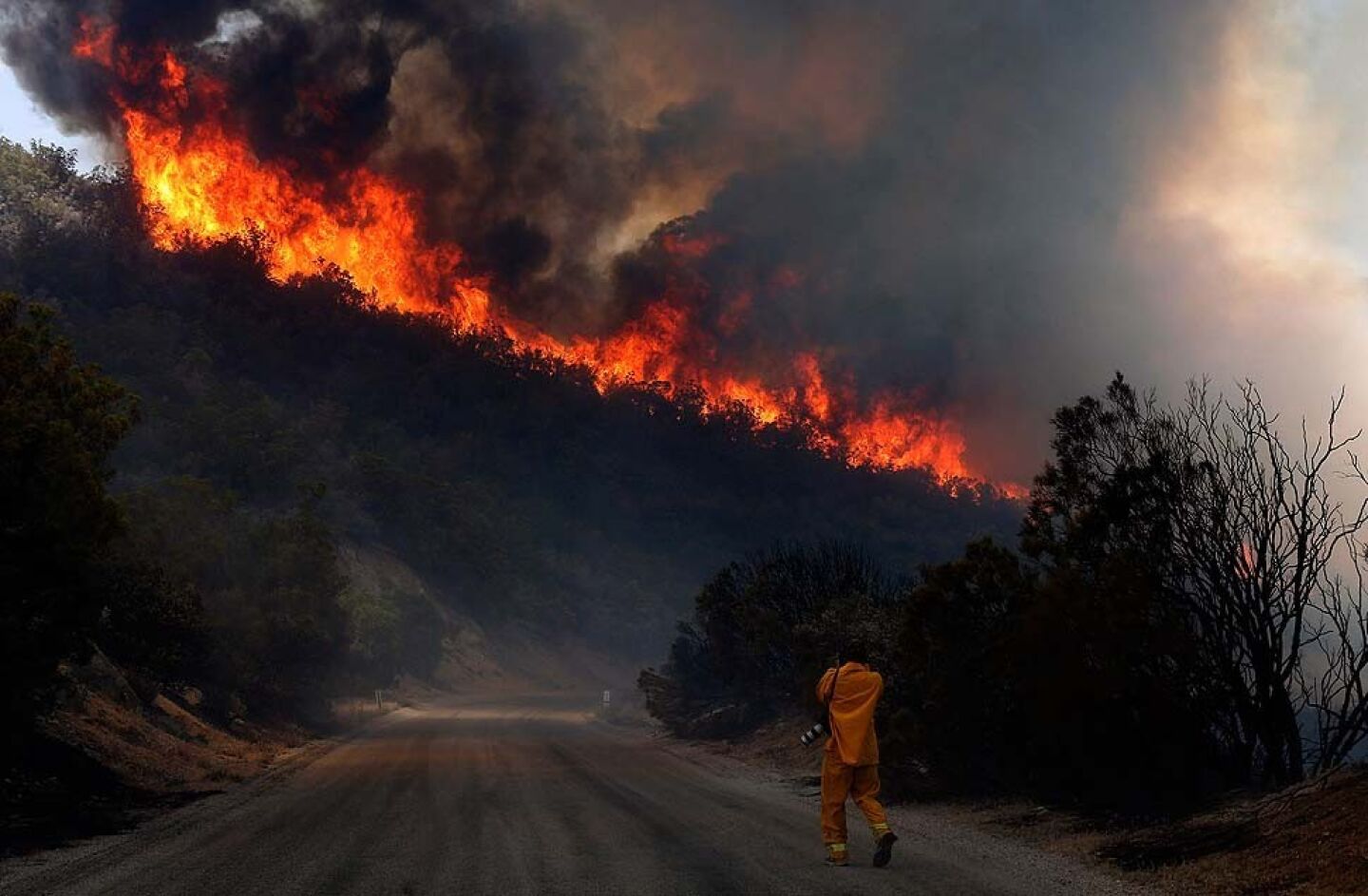
Awardee: Bowen Wang, undergraduate student with majors in Climate Science and Geography. Bowen has a wide interest in both the physical and social impacts of anthropogenic climate change, particularly in droughts, floods, and wildfires in the Western US and tropical cyclones, and he likes to develop and run models to represent these processes.

Awardee: Nidhi Vinod, 2nd year Ph.D. student in Dr. Lawren Sack and Dr. Elsa Ordway’s labs researching how ecosystems across the US respond to changes in climate by connecting field based physiological functions and traits to ecosystem level processes such as carbon and water cycles.
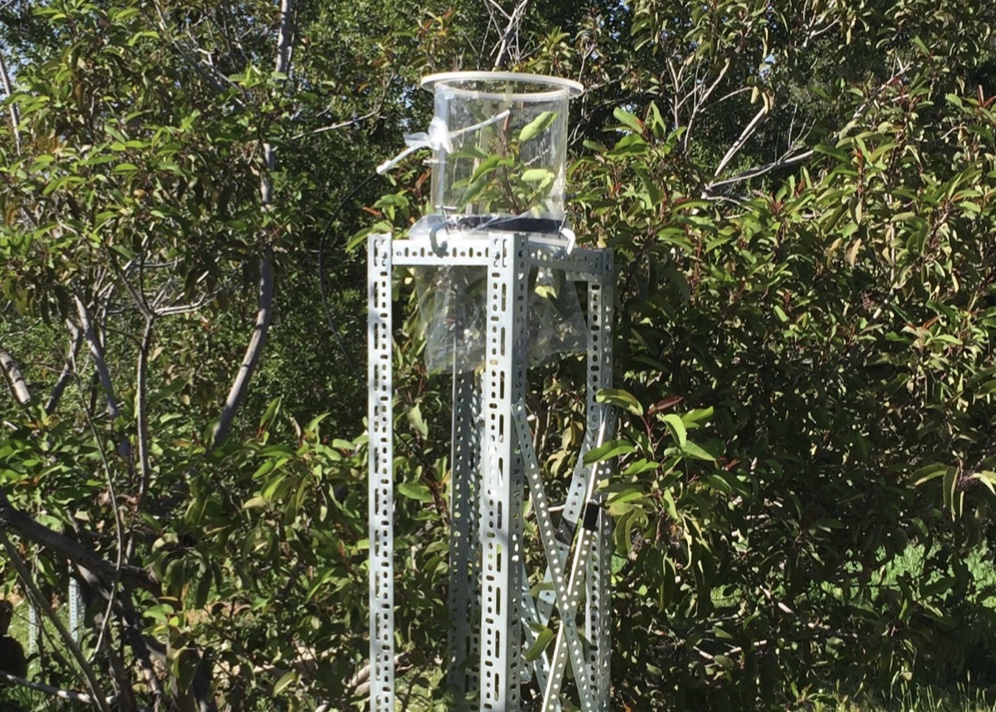
Awardee: Alannah Linden, third year atmospheric and oceanic sciences / mathematics major. Alannah has interests in a range of physical sciences subjects.

Awardee: Candice Cross, third year Ph.D. student in Dr. Paul Barber’s lab. Candice is interested in using next- generation sequencing tools to study the role of foundation species in marine ecosystems.
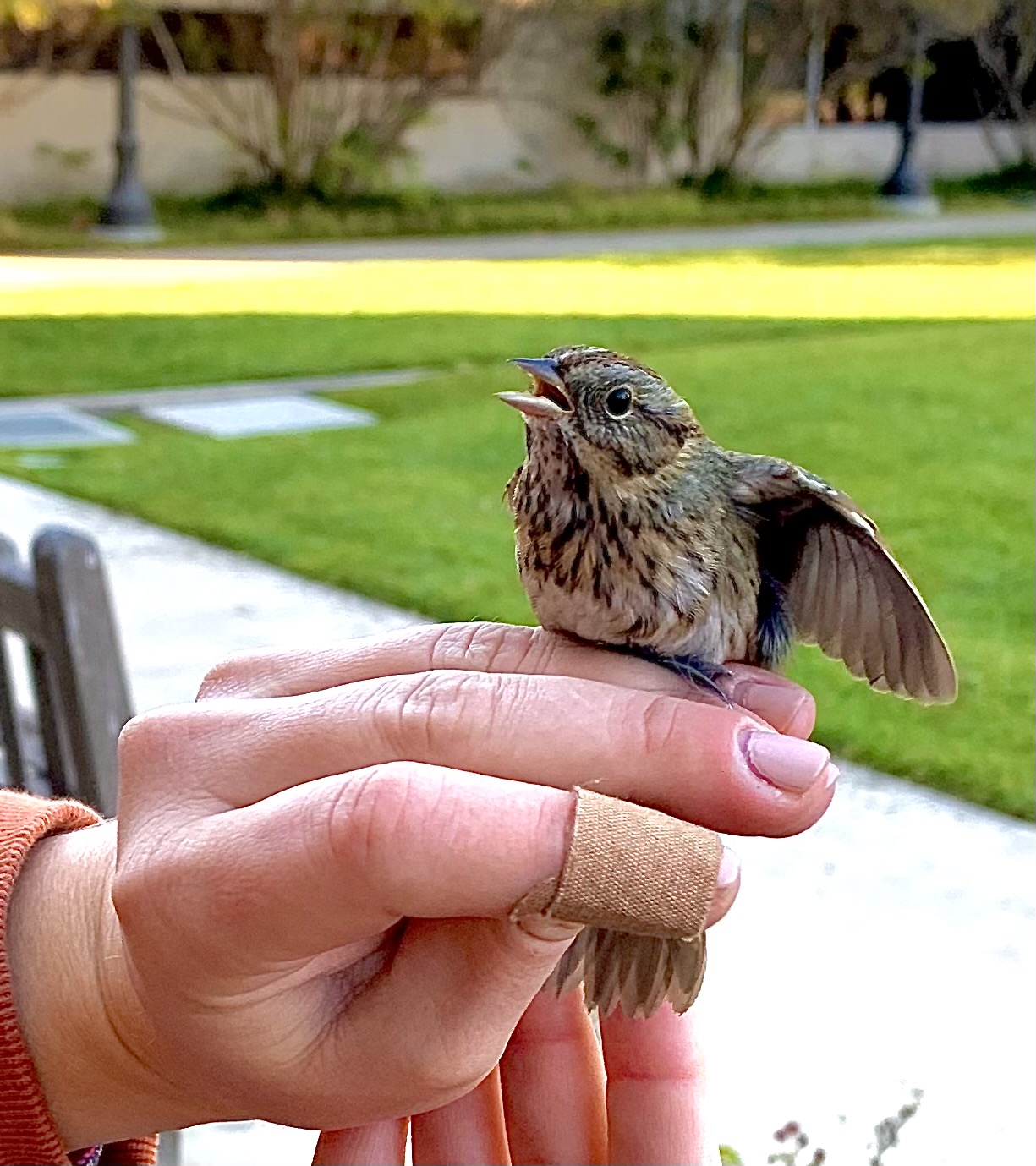
Awardee: Carolyn Xue, master’s student in Evolutionary Medicine program in the Yeh Lab. Carolyn hopes to promote ideas on One Health, work in preserving biodiversity, and grow her interests in art and science.
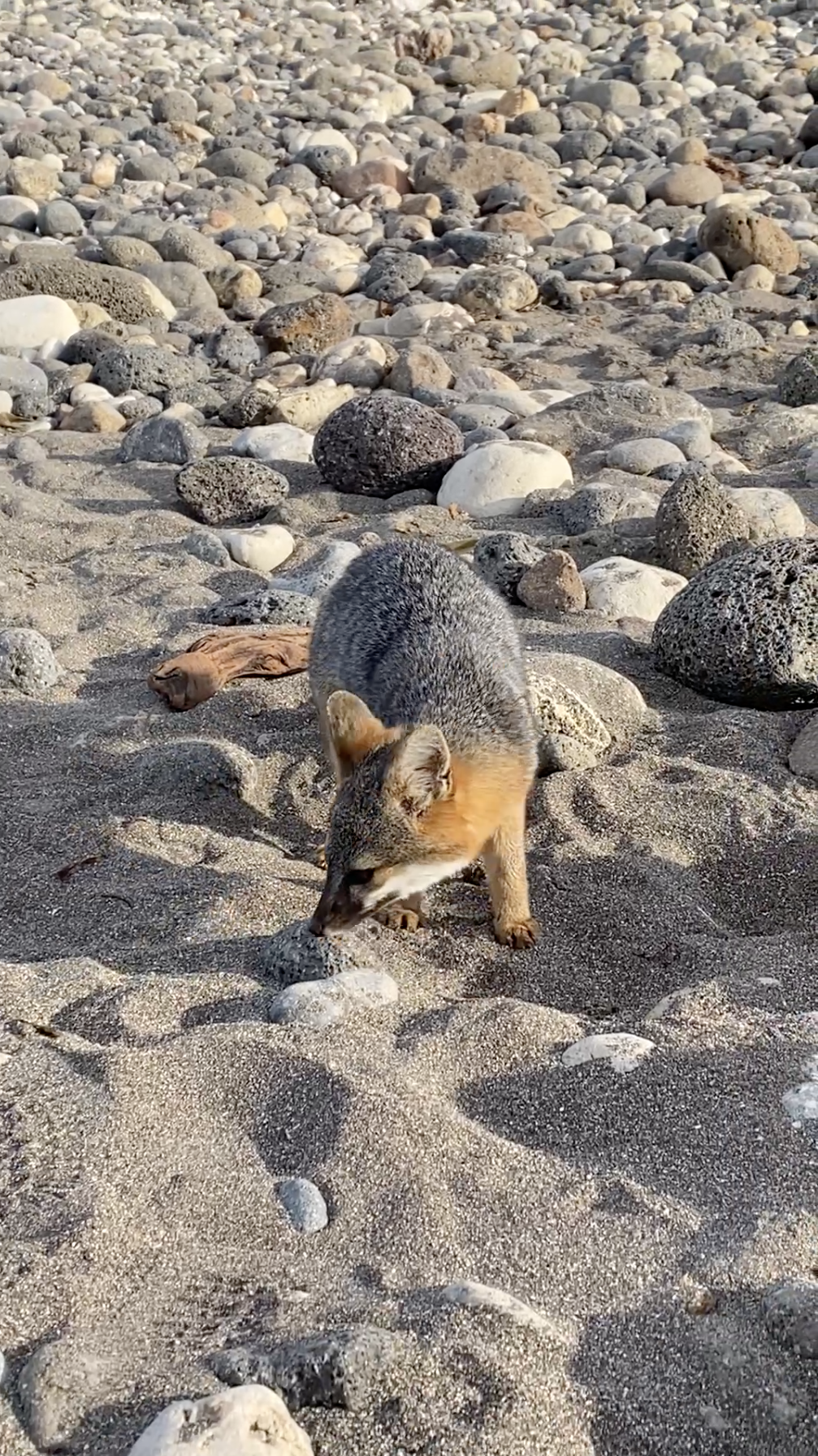
Awardee: Stella Yuan, first year Ph.D. student at UCLA, co-advised by Dr. Robert Wayne and Dr. Kirk Lohmueller. Stella is interested in the evolution of small or declining populations and hopes to use genomic and epigenomic tools to further conservation efforts.

Awardee: Janine Fischer, Ph.D. student co-advised by Dr. Grether and Dr. Shier. Janine is interested in how aggressive interference between species influences coexistence and habitat use.
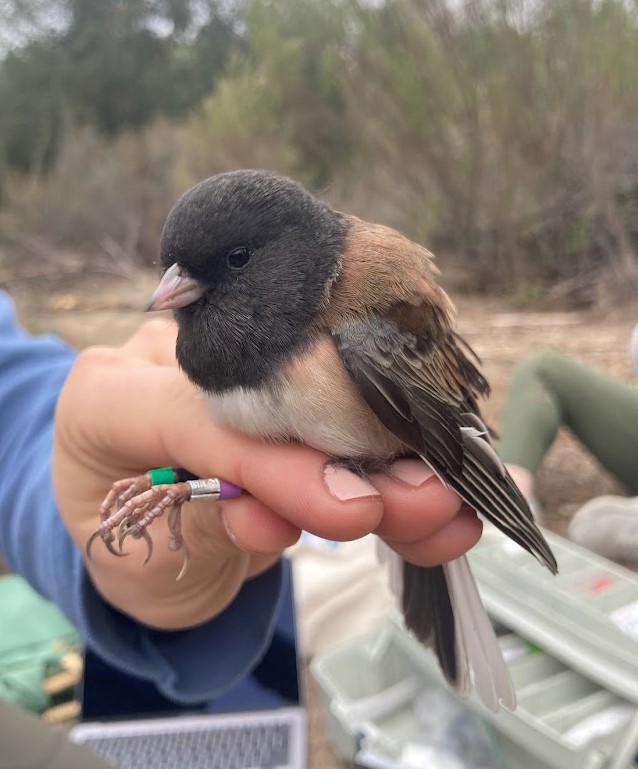
Awardee: Sara Freimuth, M.S. student in the Yeh lab. Sara is interested in scientific research, science education, and science communication and hopes to intertwine them in her work with urban birds.
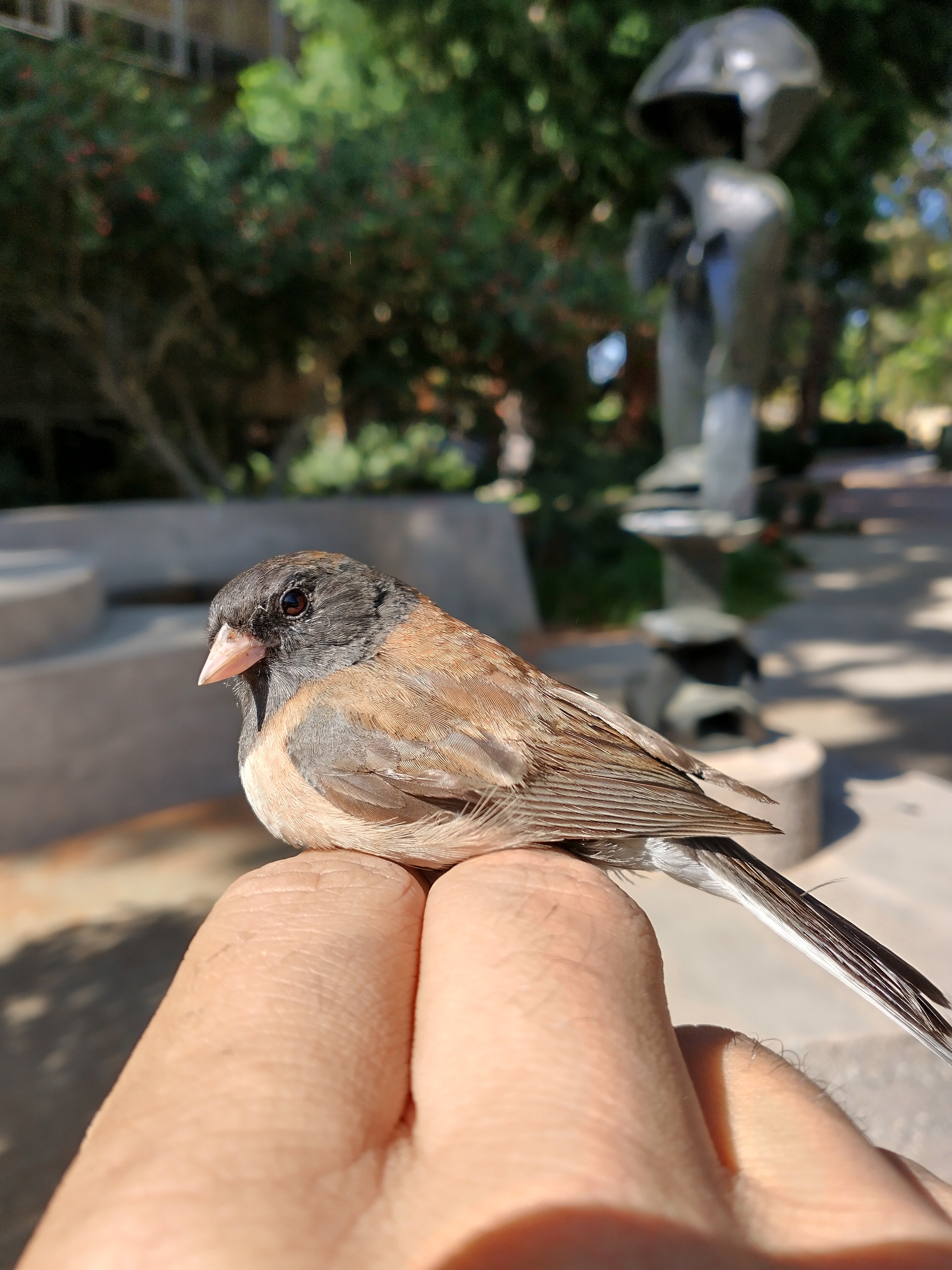
Awardee: Wilmer Amaya-Mejia, second-year Ph.D. student in the Yeh Lab. Wilmer is interested in understanding the disease ecology and eco-immunological responses of birds to address conservation and human health concerns.
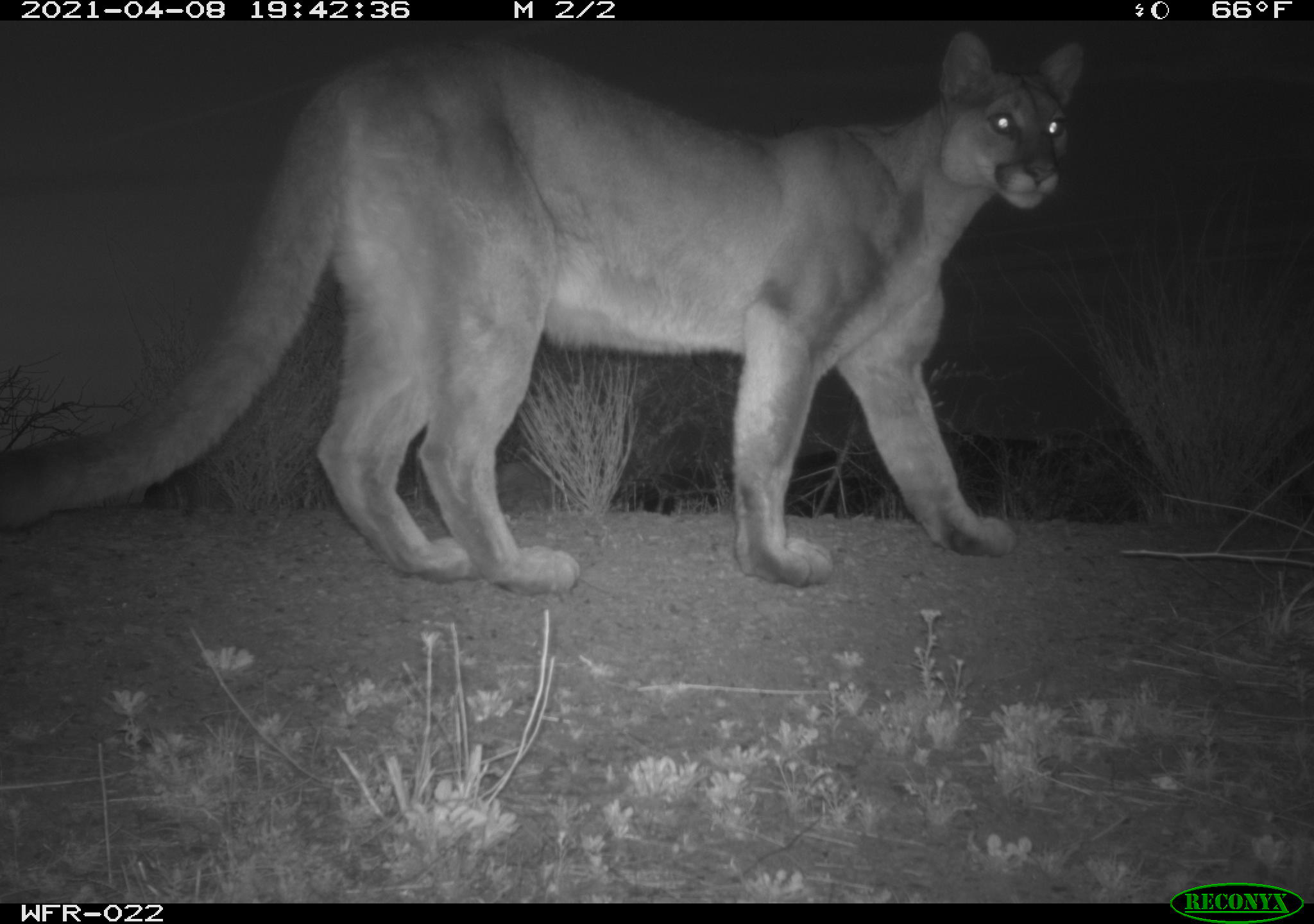
Awardee: Chloe Nouzille, M.S. student at UCLA, co-advised by Dr. Dan Blumstein and Dr. Seth Riley. Chloe is pursuing a research-based career studying social learning behavior to increase reintroduction success and conserve endangered species.

Awardee: Joey Curti, second year doctoral student in the Wayne Lab. Joey is interested in applying whole-genome sequencing to address conservation management questions in the Santa Monica Mountains of Los Angeles and throughout California.
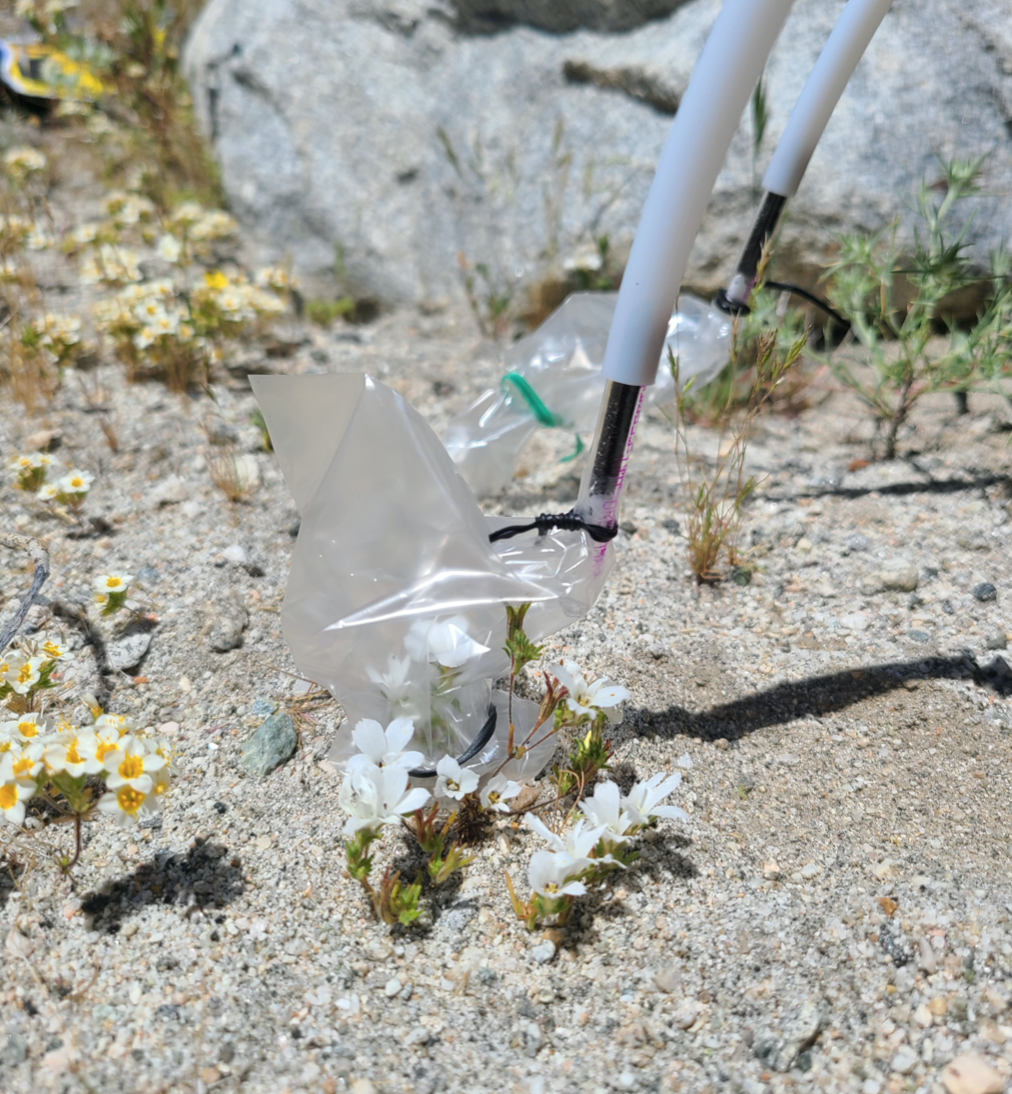
Awardee: Ioana Anghel, fourth year Ph.D. Candidate in the Zapata Lab. Ioana is interested in the drivers of diversification and how taxa maintain their phenotypic and genetic identity while co-existing in a small area with the potential to hybridize.

Awardee: Maddie Zuercher, hD student in Ecology and Evolutionary Biology and is co- advised by Greg Grether and Debra Shier. Maddie is interested in the ecological effects of behavioral interference between carnivore species.

Awardee: Elijah Catalan, first year Ph.D. student at the Institute of Environment and Sustainability. Elijah's research intends to bring together genomic-based biodiversity monitoring, biogeochemistry, Indigenous tribal knowledge, and stewardship programs to understand the resilience of coastal and marine biodiversity to climate change and possibilities for adaptation on the West Coast.

Awardee: Wilmer Amaya-Mejia, Ph.D. student in the Yeh Lab at UCLA’s Department of Ecology and Evolutionary Biology. Wilmer is interested in understanding the disease ecology and eco-immunological responses of birds to address conservation and human health concerns.

Awardee: Tanner Waters, third-year doctoral student at UCLA’s Institute of the Environment and Sustainability studying marine genetics. Tanner's work uses environmental DNA (eDNA) to understand landscape scale conservation and restoration efforts.
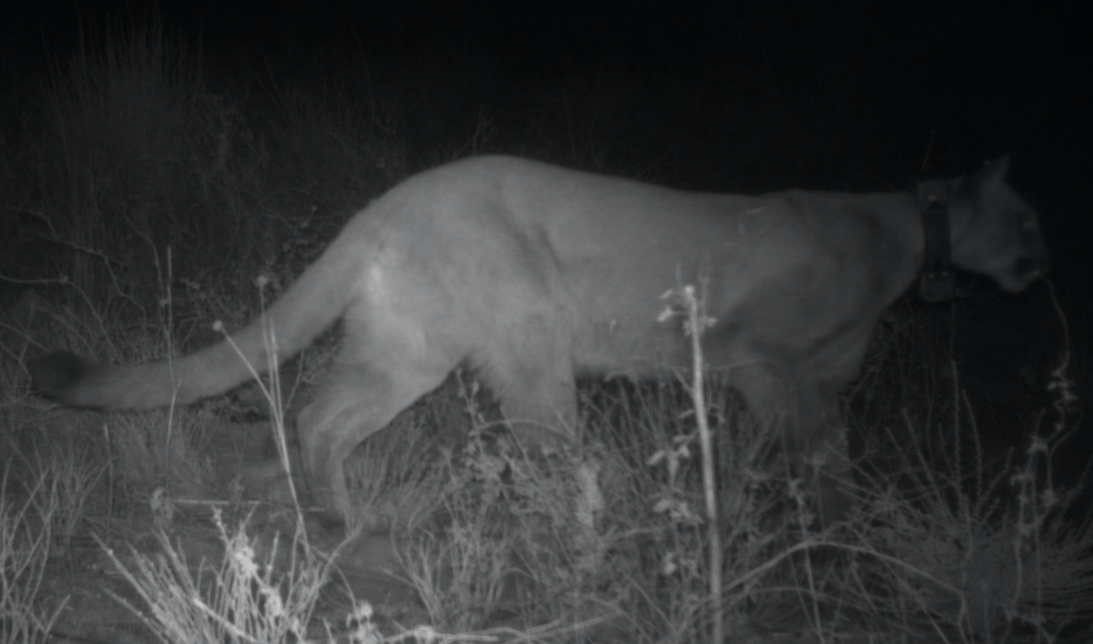
Awardee: Chloe Nouzille, M.S. student at UCLA, co-advised by Dr. Dan Blumstein and Dr. Seth Riley. Chloe's research explores wildlife post- fire recovery and recolonization in the Simi Hills and Santa Monica Mountains National Recreation Area.
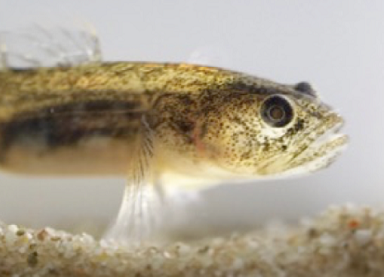
Awardee: Benjamin Ha, Ph.D. student in Ecology and Evolutionary Biology in Dr. Dave Jacobs’ lab. Benjamin's general research interests are to understand how anthropogenic factors impact the genetics of marine populations and communities, and how research may be applied to inform marine conservation and policy.

Awardee: Samantha Snowden, Master’s student in Ecology and Evolutionary Biology, co-advised by Greg Grether and Debra Shier. Samantha is interested in bridging ecological research and wildlife conservation.

Awardee: Regina Zweng, 3rd year Ph.D. student. Regina is involved with the Science Policy Group which facilitates interactions between students and local policy makers and provides career guidance for students interested in a career in science policy.

Awardee: Vivien Enriquez, Ph.D. student in the Yeh Laboratory. Vivien's interests incorporate animal behavior, animal host-bacteria interactions, and environmental change.

Awardee: Maura Palacios, Postdoctoral Scholar in the Wayne Lab. Maura's projects use eDNA to assess species assemblages in the Mojave Desert Springs, a threatened ecosystem and to explore microbial community changes in relation to hazardous materials at Brownfield sites throughout Southern California, for potential bioremediation practices.

Awardee: Robert Cooper, PhD student in the Shaffer and Grether labs. Robert uses genomics to understand the ecological and evolutionary consequences of recent hybridization between the endangered California tiger salamander and a non-native salamander.

Awardee: Zack Gold, Ph.D. Candidate in Professor Paul Barber’s lab. Zack researches the effects of multiple human stressors on marine ecosystems using novel environmental DNA (eDNA) techniques.

Awardee: Amanda Tokoyama, graduate student in the Lloyd-Smith lab. Amanda's research focuses on identifying the drivers of parasitism in coyotes across the Santa Monica Mountains and greater LA area.

Awardee: Brenton Spies, Ph.D. candidate in the Department of Ecology and Evolutionary Biology. Brenton's research primarily focuses on how environmental factors and anthropogenic impacts influence community level processes, hydrological dynamics, water quality, and the presence/absence of threatened and endangered species.
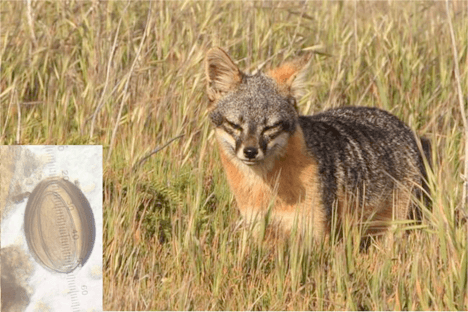
Awardees: Meixi Lin, second year Ph.D. student in the Wayne Lab, and Ana Garcia Vedrenne, Ph.D. in Ecology, Evolution and Marine Biology at UCSB. Ana is using DNA meta-barcoding to identify and quantify parasite and pathogen biodiversity in California ecosystems. Meixi is intrigued by how molecular biology tools could help resolve previously impossible wildlife conservation puzzles.

Awardee: Erin Toffelmier, Ph.D. student in Brad Shaffer’s lab. Erin's research focuses on understanding the drivers of population declines in the Santa Barbara County populations of the California tiger salamander, Ambystoma californiense.

Awardee: Sarah Helman, Ph.D. in Professor Jamie Lloyd-Smith's lab. Sarah is interested in disease surveillance of marine and terrestrial mammals along the California coast.

Awardee: Ioana Anghel, second year Ph.D. student in the Zapata Lab. Ioana is interested in the drivers of diversification and how taxa maintain their phenotypic and genetic identity while co-existing in a small area with the potential to hybridize.

Awardee: Eleanor Diamont, Ph.D. in the Yeh Lab. Eleanor is interested in using the Dark-eyed Junco as a model system to understand how birds can cope with and adapt to urban stressors.

Awardee: Rachel Turba de Paula, Ph.D. in Ecology and Evolutionary Biology. Rachel studies population genetics of endangered and extirpated species in southern California, as well as community change in coastal lagoons to address local conservation efforts.
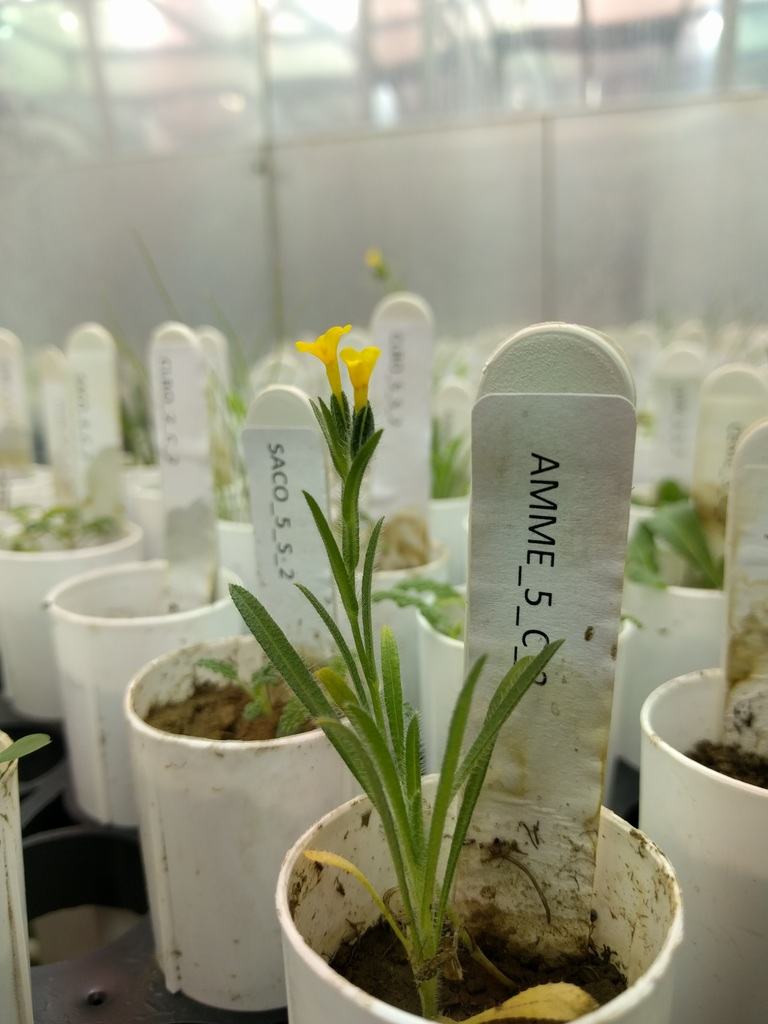
Awardee: Gaurav S. Kandlikar, PhD candidate and NSF Graduate Research fellow in Dr. Nathan Kraft’s plant community ecology group. Gaurav is deeply fascinated by the origins and consequences of diversity, and in his research he uses a combination of ecological theory, field experiments, and molecular techniques to study the ecological processes that help maintain plant species diversity, especially in southern California grasslands.
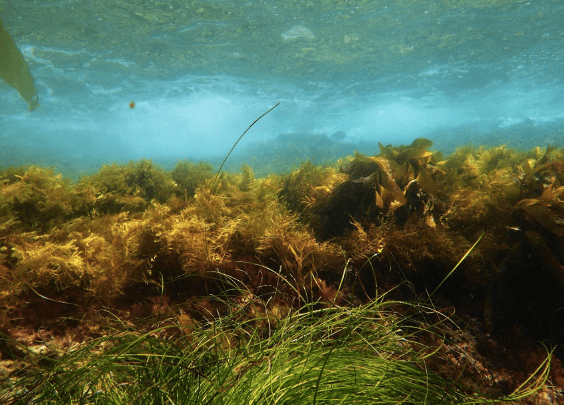
Awardee: Emily Ryznar, PhD Student in the Department of Ecology and Evolutionary Biology. Emily's research focuses on enhancing the understanding and early detection of the invasive marine alga, Sargassum horneri in Southern California through predictive modeling and experimentation.
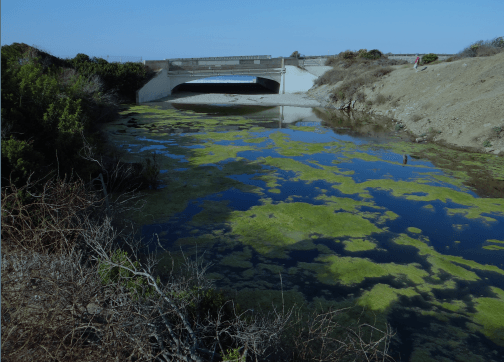
Awardee: Rachel Turba. Rachel is investigating shifts in community structure related to such impacts through exploration of environmental DNA from water samples and sediments from these lagoons, with the goal to address conservation efforts related to translocation of populations or local environment improvement.
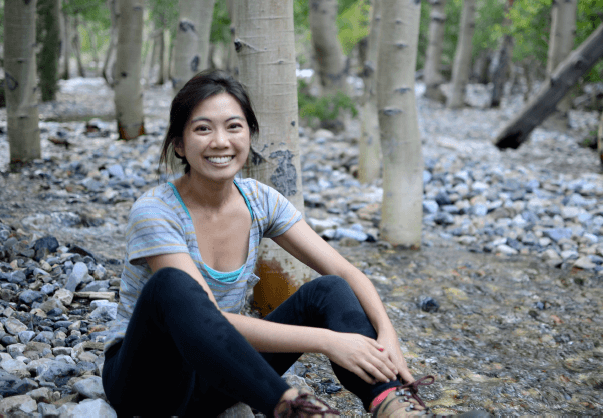
Awardee: Monica Dimson, Ph.D. Student. Monica is interested in modeling the distribution of the invasive shot-hole borer (Euwallacea sp. nr.fornicatus), a beetle that threatens native trees, urban forests, and agricultural crops in California, in order to assess the utility of these models in conservation and planning.

Awardee: Kelly Barr, PhD Student. Kellys work surrounds using a massive genomic dataset to analyze these issues in Tricolored Blackbirds, a species that has undergone sharp declines and is under intense management throughout the state of California.
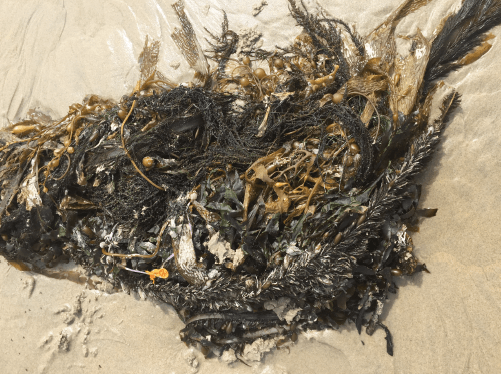
Awardee: Lauren Smith, PhD Student. Lauren is researching invasive Sargassum horneri found in southern California.
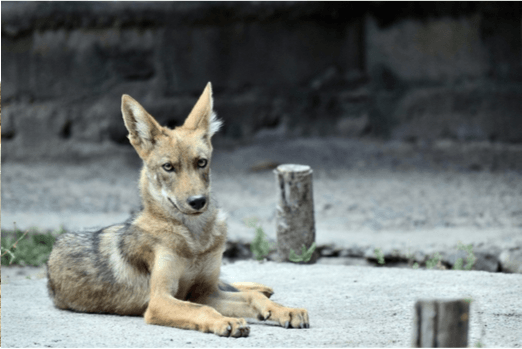
Awardee: Sarah Helman, PhD Student. Sarah is working with wildlife and veterinary agencies to obtain coyote fecal samples from within and around urban Los Angeles, which I will use to test for intestinal pathogens and parasites.

Awardee: Daniel Cooper, PhD Student. Dan is investigating the urban bird community of the Los Angeles area, assessing changes over time using both early-historical records and data from the Los Angeles Breeding Bird Atlas, with a focus on nesting raptors and colonial waterbirds.

Awardee: Camila Medeiros, PhD Student. Camila's project aims to quantify the vulnerability of woody plant species to drought in key ecosystem types of California and model species’ relative sensitivities to drought under future climate change scenarios.
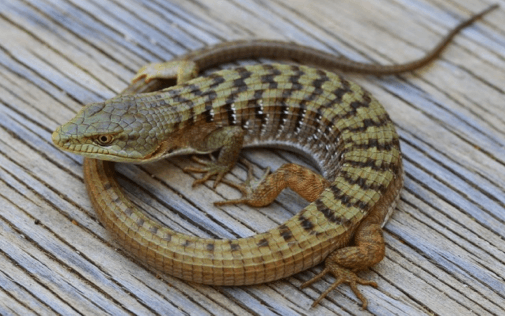
Awardee: Erin Toffelmier, PhD Student. Erin is studying how some types of reptiles are able to live in urban environments while some are not and how we can help protect species that are negatively impacted by humans.
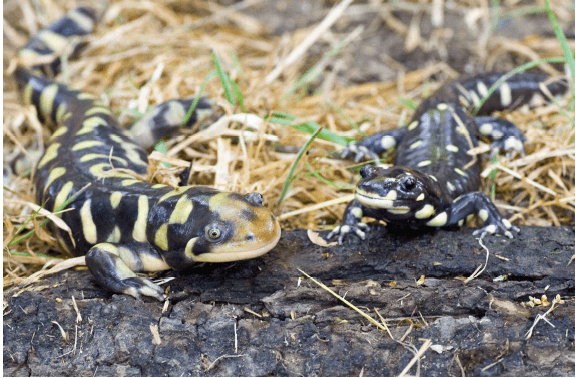
Awardee: Robert Cooper, PhD Student. Robert's research is focused on the recent hybridization between the threatened California tiger salamander and the non-native barred tiger salamander.
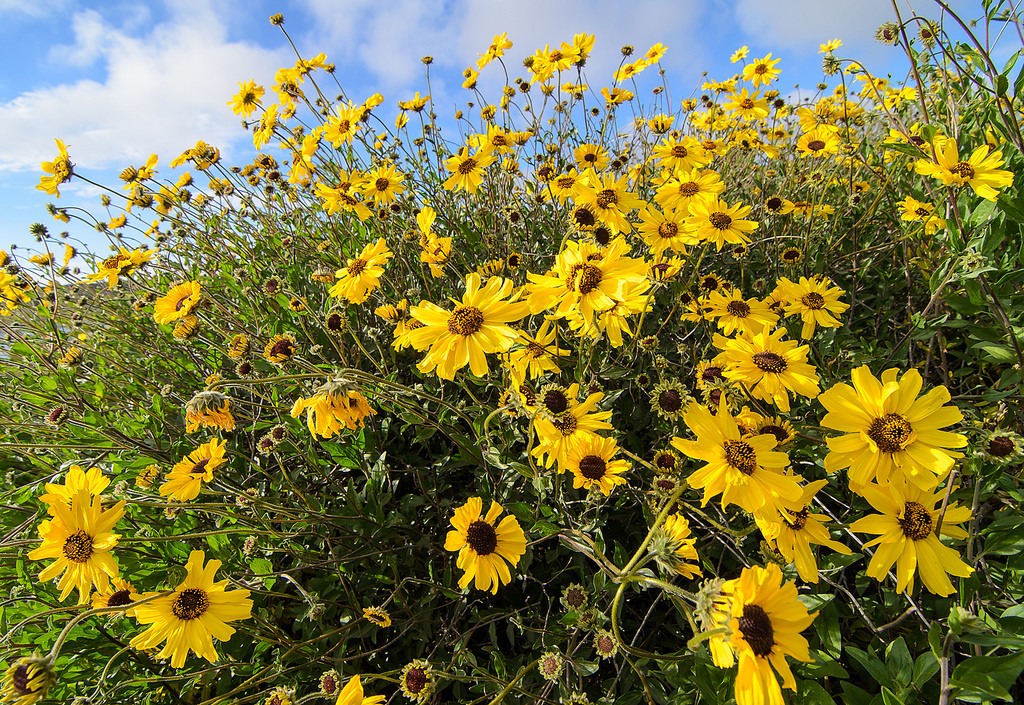
Awardee: Jacqueline Zhang, Undergraduate in Environmental Science Department. Jacqueline is studying a plant’s phenotypic plasticity and will explore whether or not we can prime plants to become more drought tolerant before transplanting them into their native, water-stressed environment.

Awardee: Zack Gold, graduate student in the Department of Ecology and Evolutionary Biology. Zack is conducting a citizen science environmental DNA project to compare marine biodiversity inside and outside of coastal MPAs in Los Angeles County to understand how well fishing restrictions protect marine ecosystems.

Awardee: Alexandria Pivovaroff, Ph.D. Alexandria's research will remotely monitor plant stress using newly developed sensors to understand both short- and long-term responses.
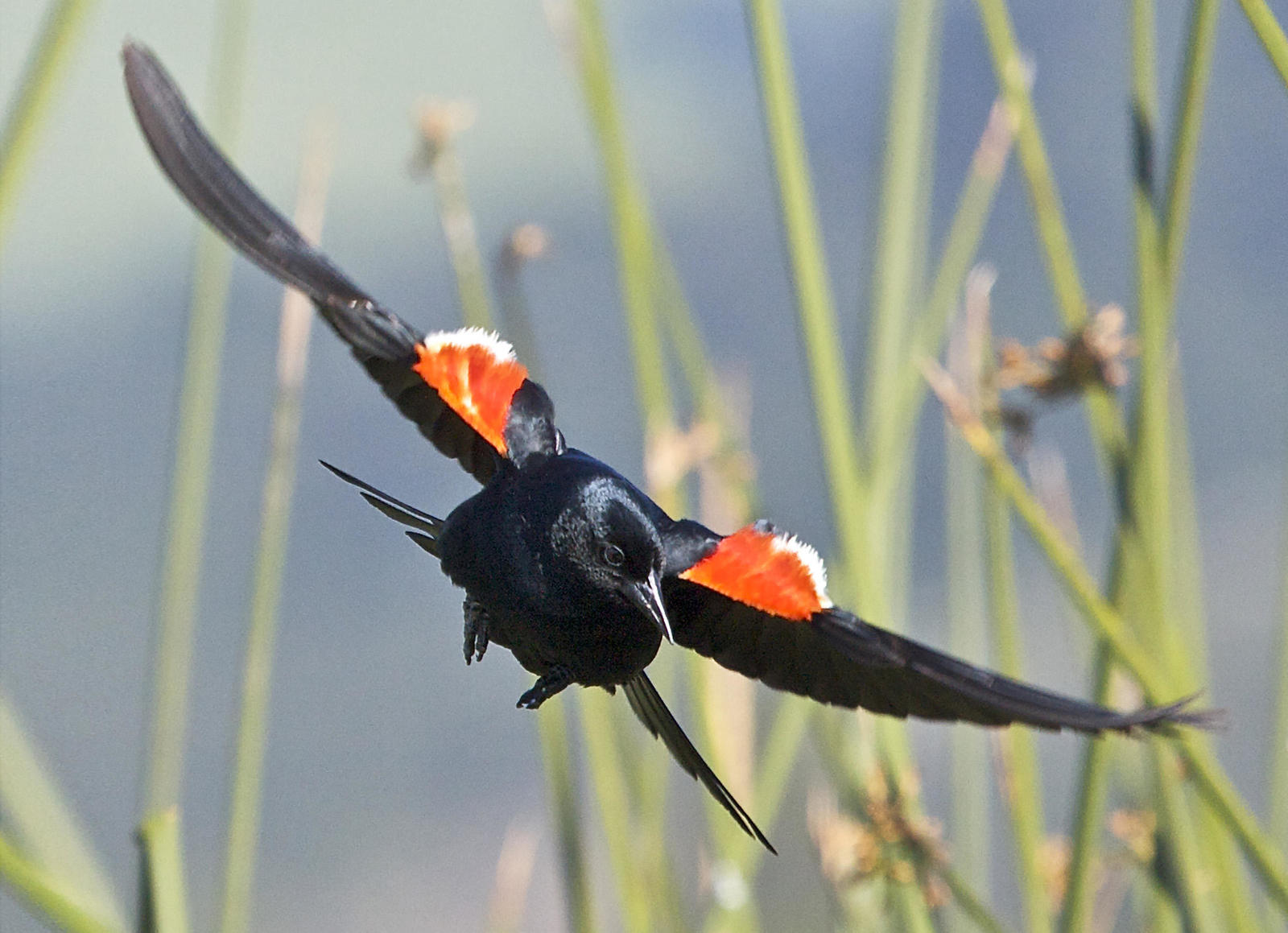
Awardee: Kelly Barr. Kelly is using a massive genomic dataset to analyze these issues in Tricolored Blackbirds, a species that has undergone sharp declines and is under intense management throughout the state of California.

Awardee: Bree Putman, Ph.D. Bree is examining whether fear responses (behavioral and physiological) contribute to the differential success of two lizard species in urban areas in Southern California.
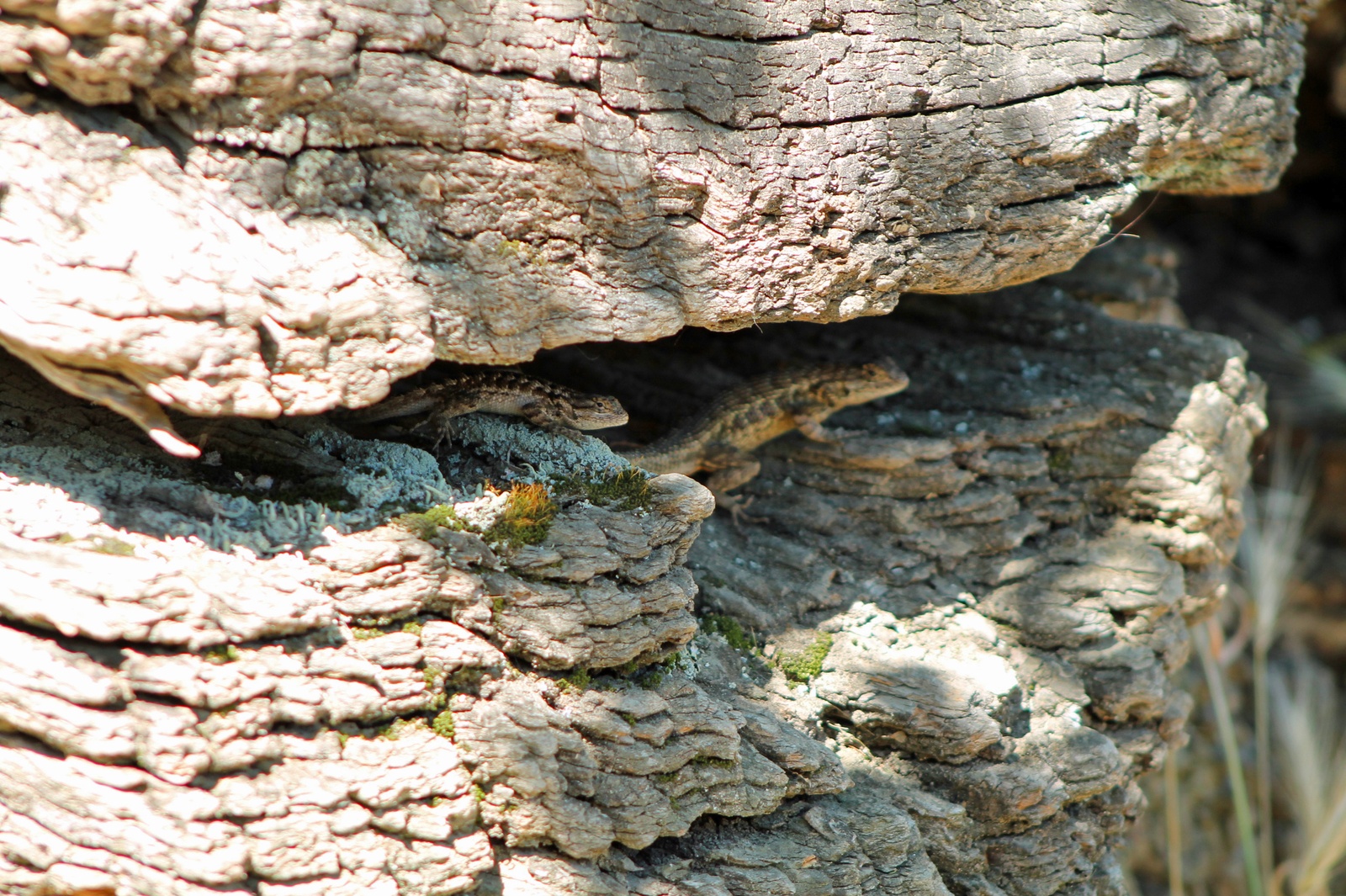
Awardee: Erin Toffelmier. Erin is researching the differences in how lizards use the human-altered habitat versus how they use natural habitat.

Awardee: Evelin Escobedo, Undergraduate in the Environmental Science Department. Evelin is studying how maternal effects in plants can help restore native plant communities that are resistant to impacts of drought.

Awardee: Brigit Harvey. Brigit is testing whether the critically endangered Pacific pocket mouse can be trained to consume the seeds of invasive species found across the San Diego County landscape to increase their foraging options in the wild.

Awardee: Camila Medeiros. Camila's project aims to quantify the vulnerability of woody plant species to drought in key ecosystem types of California and model species’ relative sensitivities to drought under future climate chance scenarios.
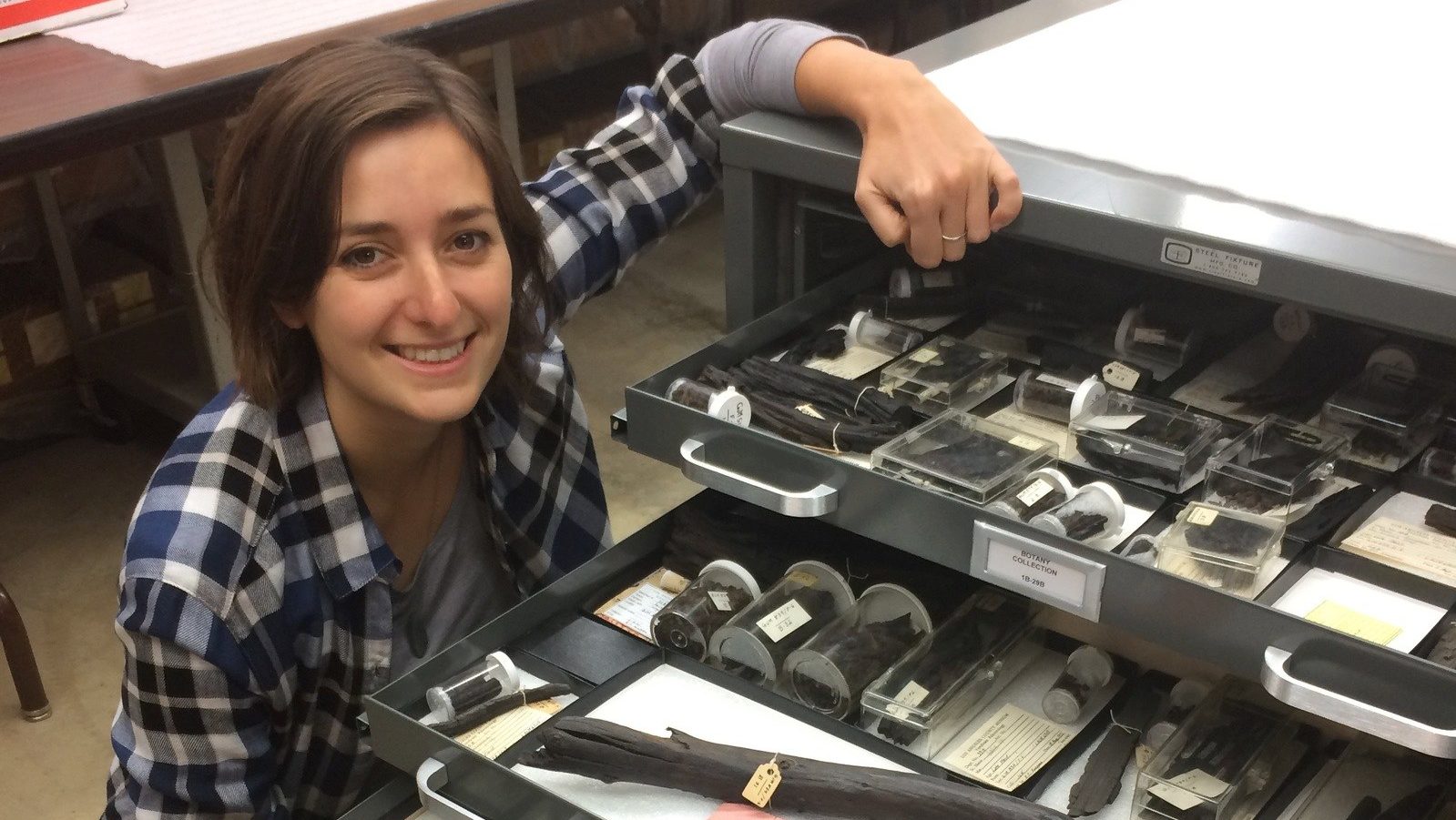
Awardee: Jessie George. Jeesie is using plant remains from the La Brea Tar Pits to assess the impact of climate change on community ecology and extinction in Ice Age Los Angeles.
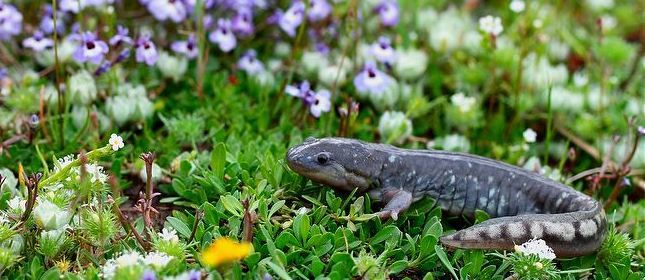
Awardee: Robert Cooper. Robert is using pond hydroperiod to attenuate the spread of non-native alleles through the range of the endangered California tiger salamander.
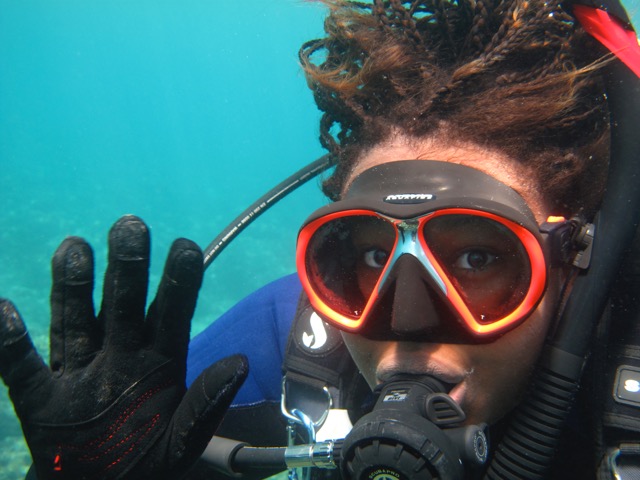
Awardee: Tiara Moore. Tiara is conducting a yearlong study to determine if there is a relationship between nutrient-stimulated eutrophication and estuarine acidification in the highly eutrophic Carpinteria Salt Marsh Reserve.

Awardee: Emily Ryznar. Emily seeks to investigate the facilitative mechanisms and importance of CCA and its microbiome as contributors to increased invertebrate diversity and community stability in California’s rocky reefs.
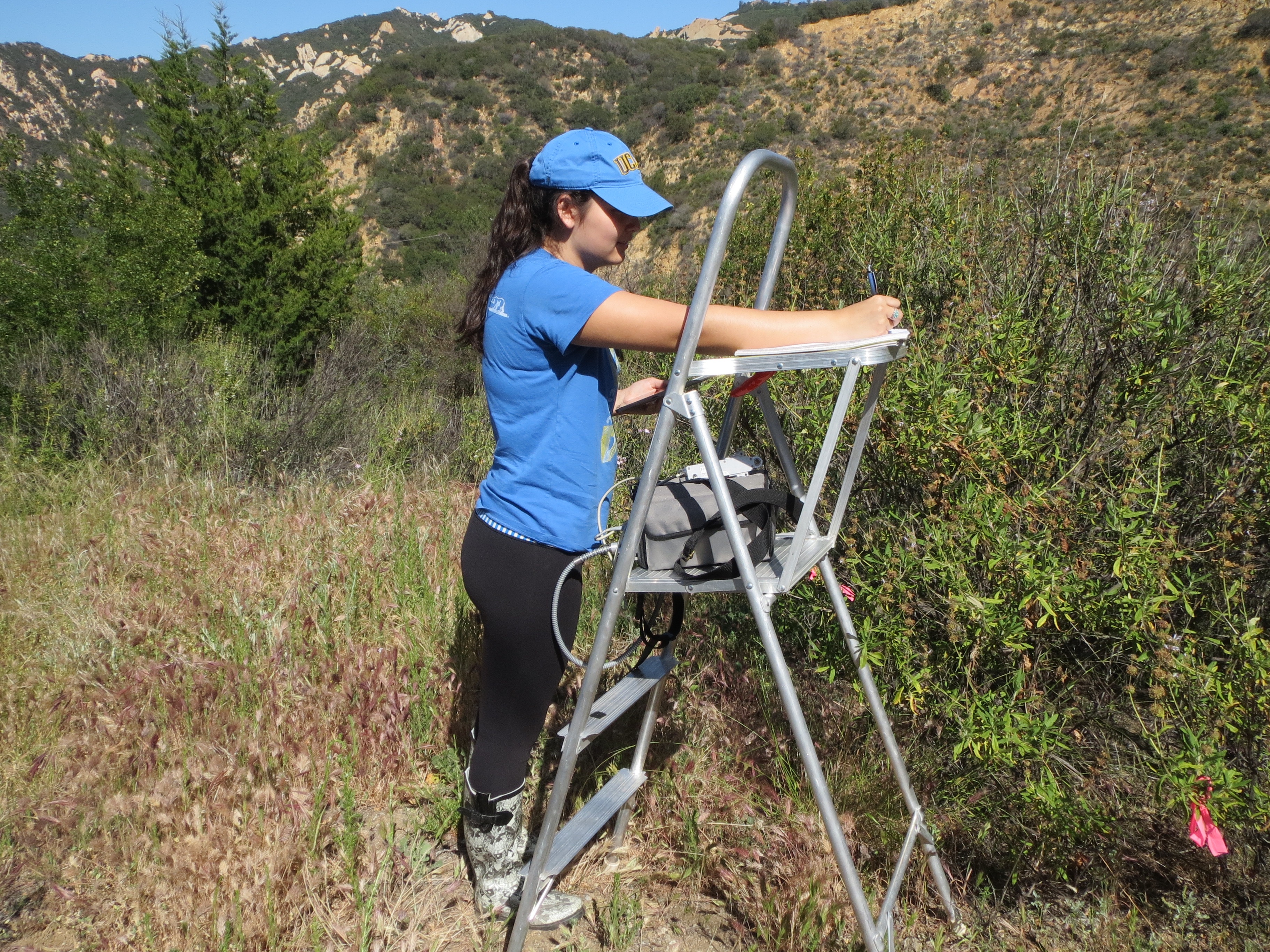
Awardee: Ariel Pezner. Ariel's research focuses on the effects of drought on the chlorophyll fluorescence of four drought deciduous and evergreen plant species native to Southern California.
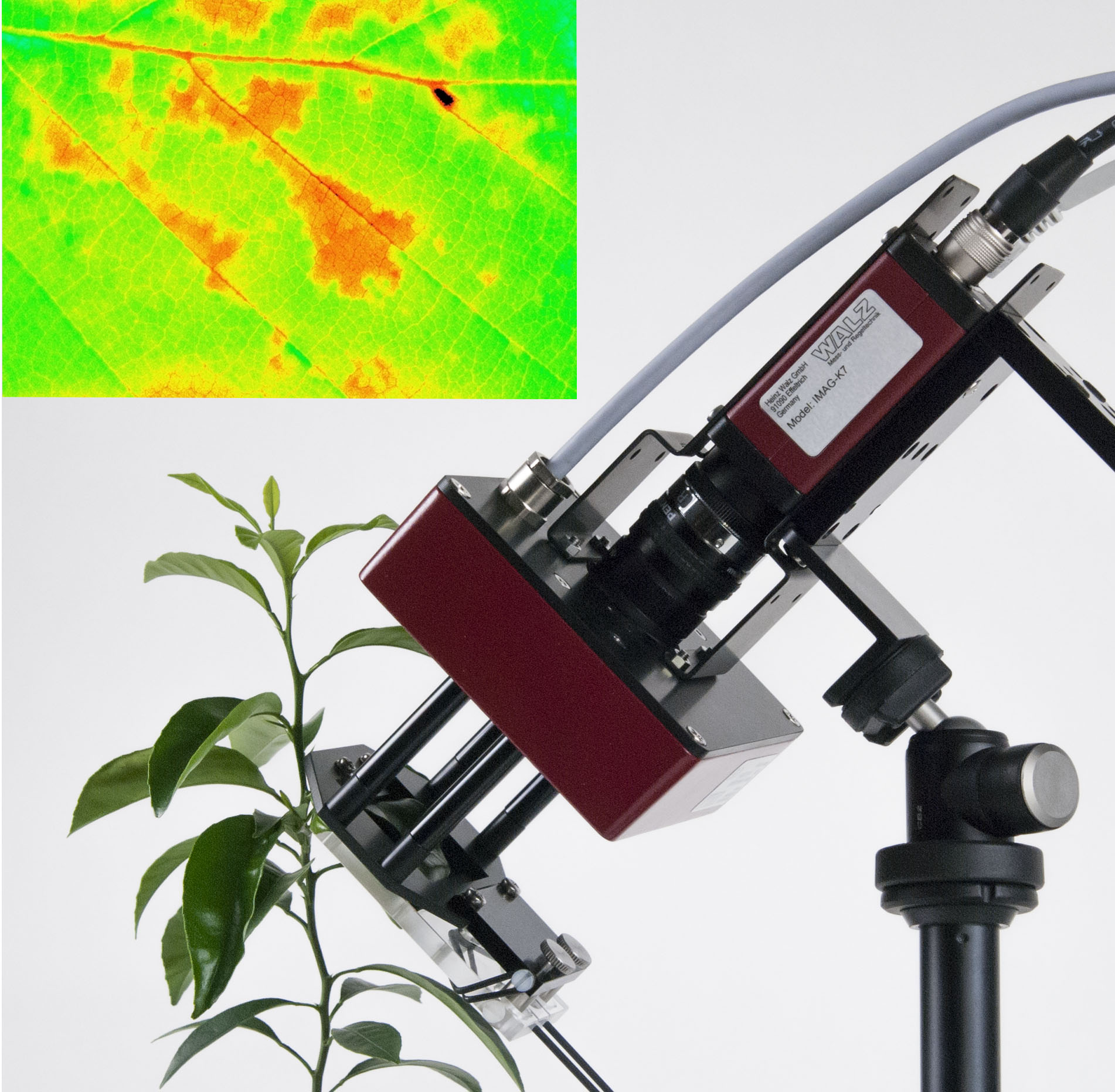
Awardee: Katja Grossman. Katija will use a SIF instrument to monitor the photosynthetic activity at the site continuously over both the growing season and hot summer period.
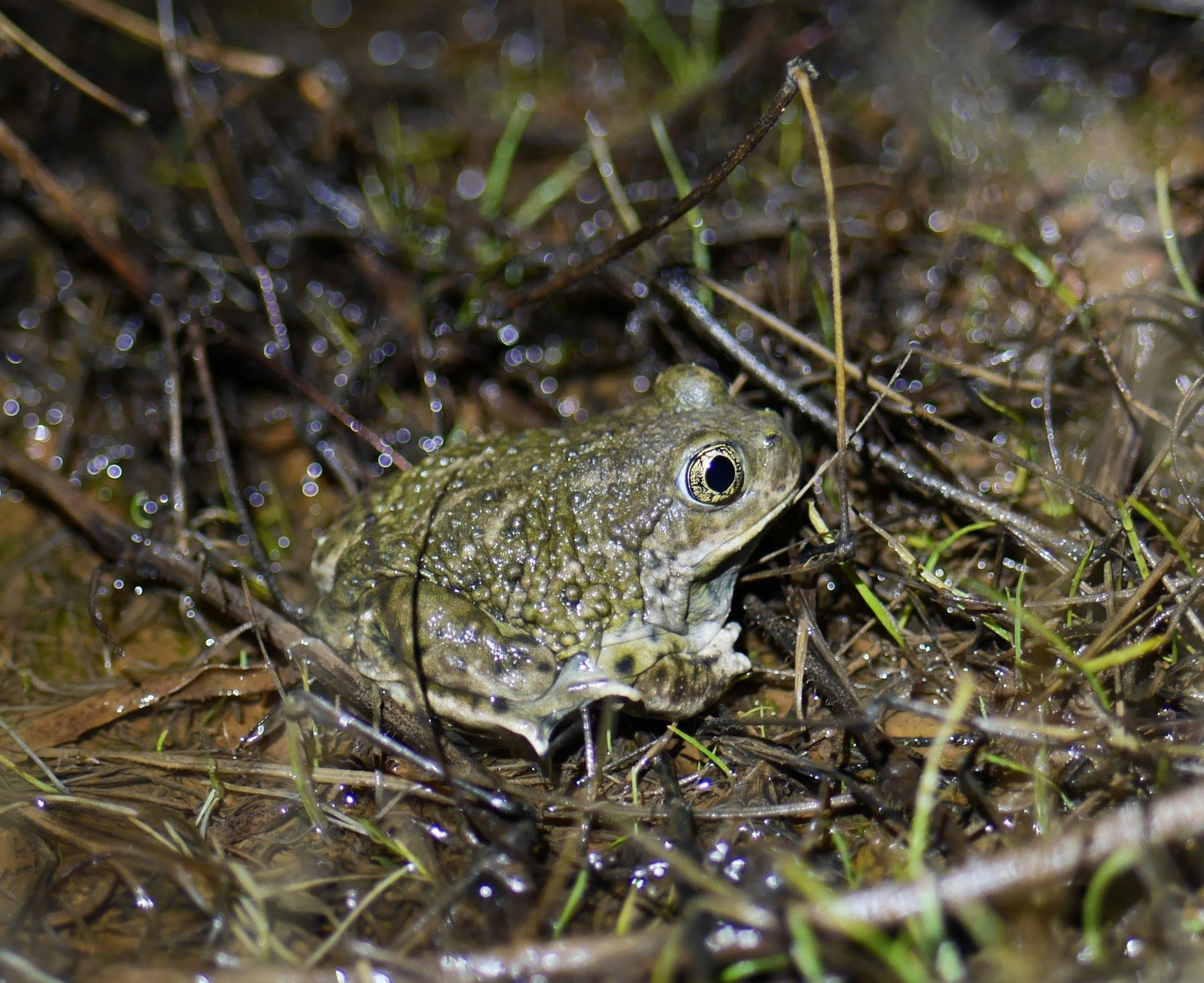
Awardee: Kevin Neal. Kevin will be developing a set of genomic tools to use in a pilot study to analyze genetic connectivity of western spadefoot toad populations at the landscape level in Proctor Valley in San Diego County.

Awardee: Brenton Spies, Ph.D. candidate. Brenton's work is directed towards implementing aspects of the US Fish & Wildlife Service Recovery Plan in order to determine the best approach for long-term conservation and sustainability of the tidewater goby (Eucyclogobius newberryi).

Awardee: Yi-Ju Wang. Yi-Ju is interested in testing if song birds can use either temporal avoidance or spectral avoidance strategy, or both, to transmit signals.

Awardee: Rachel Chock. Rachel is researching whether microhabitat use and peak activity times for pocket mice vary within a night and across seasons with competitor abundance.

Awardee: Camila Medeiros. Camila's research aims to quantify the vulnerability of woody plant species to drought in key ecosystem types of California and model species’ relative sensitivities to drought under future climate chance scenarios.

Awardee: Richard Hedley. Richard's research will use cutting-edge technology to track migratory movements, contributing to a rapidly growing understanding of songbird migration.

Awardee: Scott Lydon. Scott is investigating how past climatic variability has altered carbon sequestration in the Sacramento-San Joaquin Delta and Yosemite National Park, California.

Awardee: Sarah Helman. Sarah is collaborating with local wildlife and government agencies to obtain biological samples to test for evidence of past Leptospirosis exposure and current infection in various coastal mammalian species.
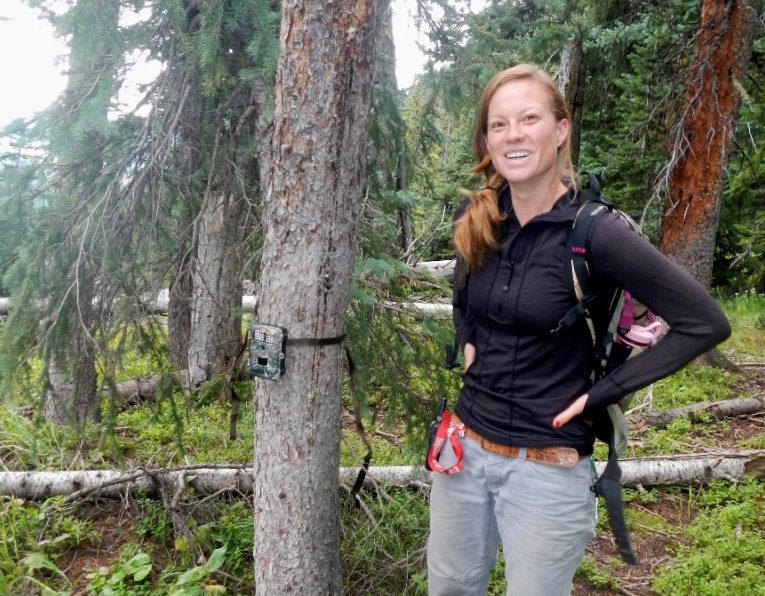
Awardee: Tiffany Armenta. Tiffany is employing citizen scientists of all ages to help collect data on mesocarnivores to evaluate population densities or species-specific activity patterns in urban areas.